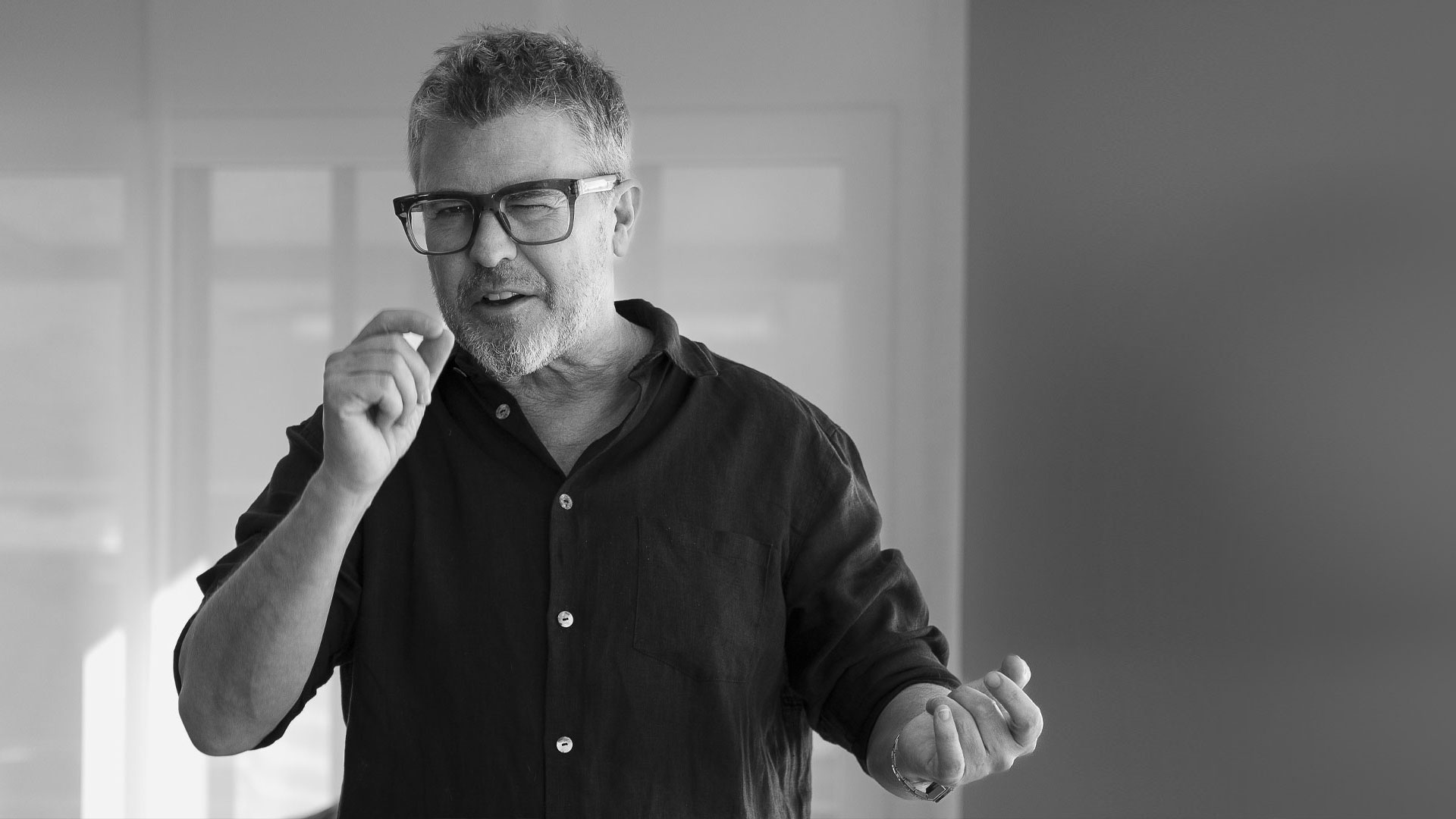Christian Niehus
Dr. med. Christian Niehus was born and raised in Switzerland. He studied medicine at the University of Zurich and earned his doctorate in the fields of surgery and anesthesia.
After obtaining specialist awards in general surgery and trauma surgery, as well as additional training in urology, intensive care medicine, and plastic surgery, he specialized in performing aesthetic treatments.
Today, Dr. med. Christian Niehus runs his own practice for highly specialized aesthetic surgery in Zurich and volunteers for the “Cheira – Swiss Humanitarian Surgery” association as well as for animal welfare.
Why do you think are you so successful?
I love what I do. I think it’s always a great honour to make your hobby a profession. I have the best job in the world, therefore I have the best life, because my job is my hobby. Every morning when I get up, I love to go to work because I know there is something interesting coming up. I meet new people; every patient has another request. I cannot share or use all my skills on every patient all the time. So, with every patient you start something new, it’s a new project. And all the time you have to be sensible, sensitive and empathetic. I think when we are looking for reasons for success, it comes down to empathy.
In plastic surgery you have to understand what is important for the patient, not what is important for you. The big question is: “what does the patient want?” You have to listen to him and read his answers. Then you can give the patient what he is expecting. That’s the most important thing.
So where do you get your inspiration from?
I think, honestly, either you have it or you don’t have it.
I’m a fan of trying to find out myself, what the best solution is.
Sometimes it works pretty well, sometimes you have to work a little bit more. But first of all and most important, you have to learn the basic skills. That is why I did all these specialisations, training and education.
Maybe a patient had an accident, or failed surgery or had some genetic issues. You have to fix it, you have to think:” how can I do that? “. Nothing will help you if you don’t see what the patient needs. When I look at a human body, I can tell exactly where the deficits are and how it should be, how it could work, to go back to where you were before.
And that’s also why I say every patient is a new project.
Do you give advice?
Travel around the world and look at what’s in other people’s minds by asking them. And you will see millions of different things, and you will hear millions of different opinions.
And so that’s why I think if I could go back, I would travel more and see more of what is possible, what others are doing. Not just 10% of every field because that’s what we learn in our institutions, a little bit of everything. Then you are able to decide where you want to head to.
And you are never too old to learn more skills.
And a very important point is: Train your brain, train your brain by playing an instrument.
Brain and hands must function together as a team, that are used to working together.
It doesn’t help if your brain has nice solutions, and you cannot bring it about with your hands. You have to have the skills.
I think it’s better to look deep into different fields. That’s what, in the end, makes you discover where your strengths lay and where you will feel comfortable and self-confident.
Concerning plastic surgery, I’m a fan of reconstructive plastic surgery, which means you just keep what you have or get back what you had. It’s something in between geometry and statics. But you don’t have to operate on everything if you think it’s not necessary, tell the patient.
If there is no need for an operation, he has to look for someone else if that what he wants.
And when you don’t feel comfortable, it’s very important to say no.
What is your utopia?
We should treat all living creatures and our surroundings on this planet in the same way as we want to be treated. That’s my idea of a good world, but I know it is difficult to achieve.
When everybody does it in his little world it may only affect one or two others but these two affect others, it’s like a drop in the lake. The waves reach the other side.
That’s my true belief and hope, I think we’re on a good path because we are starting to think about what we eat, we are starting to think about pollution and we are starting to change our attitude towards animals.
What is beauty?
I think there is a collective beauty, which means that there are things that a lot of people on this planet like. A sort of a collective feeling produced by these things.
And we have a personal beauty, an individual feeling a positive emotion created not only by looking at art, nature and so on but also by meeting inner beauty like empathy, integrity and kindness.
As long as you allow yourself to have feelings, then you’re on the right path.
We all know about the imperfection of the perfection of nature, nature is never perfect.
And people who have an imperfection and do not know it, feel attractive. And that’s really nice. Unfortunately, a lot of young people try to look the same, like influencers on Instagram, they all look the same. I don’t know if this is a good way we’re going, but it’s the next generation. Maybe I’m too old to understand, but, for me, that’s not beautiful anymore.
Why is a doctor who is capable of drawing the better choice?
If a doctor is able to draw an eye, or a mouth, or a lip, and maybe to create a future picture of the patient: then you can say, “Okay, at least until now, I’m safe because he can work with his hands”.
If he’s good, it means for me he is well trained and educated but this is a prerequisite. It is very important that a doctor can bring to the paper what he is imagining.
It’s the hands, because that’s the only thing he works with. We have hands and we have ears to listen, which is very important for a plastic surgeon and the patient. He should be able to draw what is going on and show the patient what the result could be and how he will achieve it. He should listen to what the patient says and how he wants to look.
Always within reasonable boundaries, so everybody is happy at the end.
«Projects with the goal to help others really give me the energy to go on.»
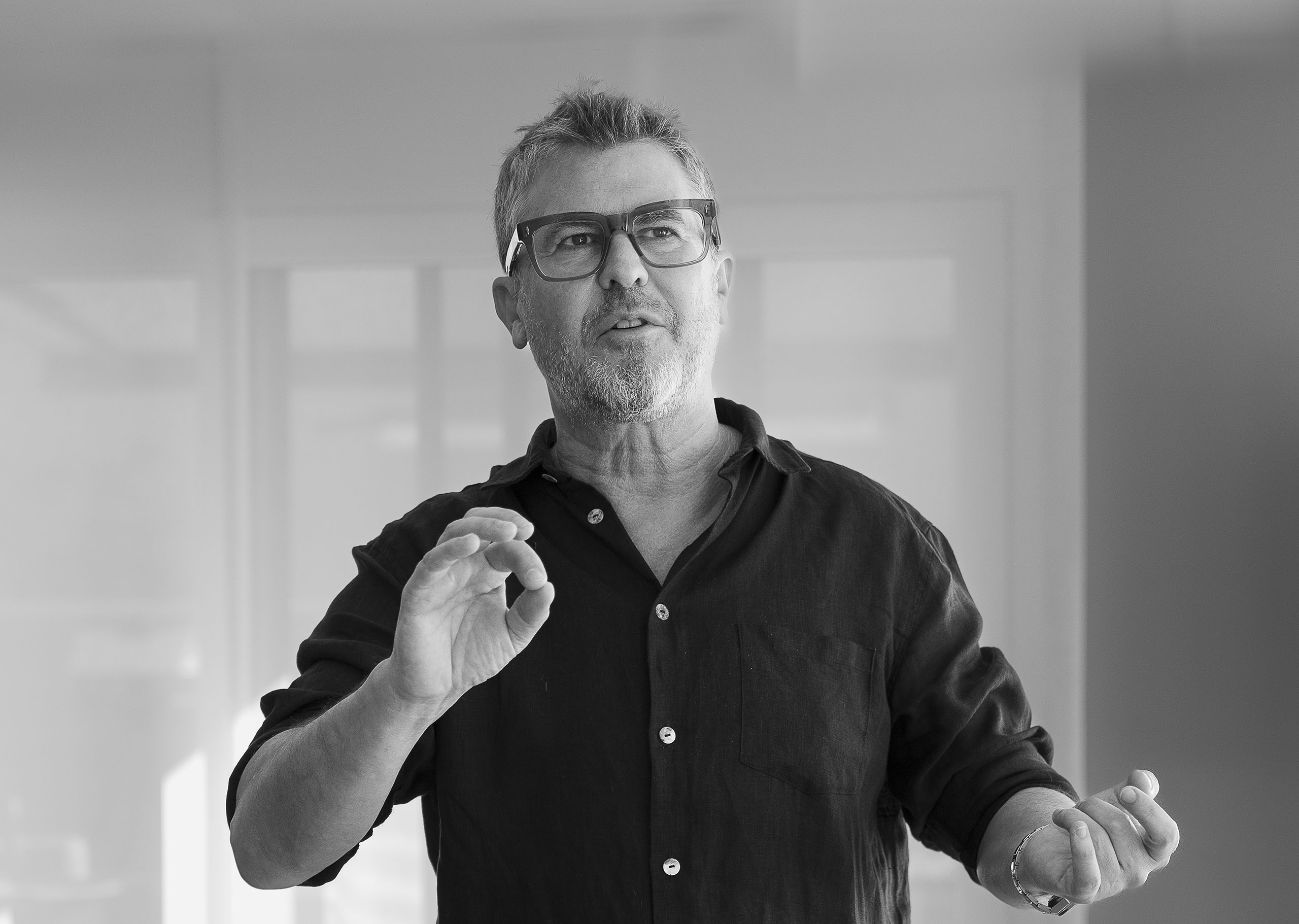
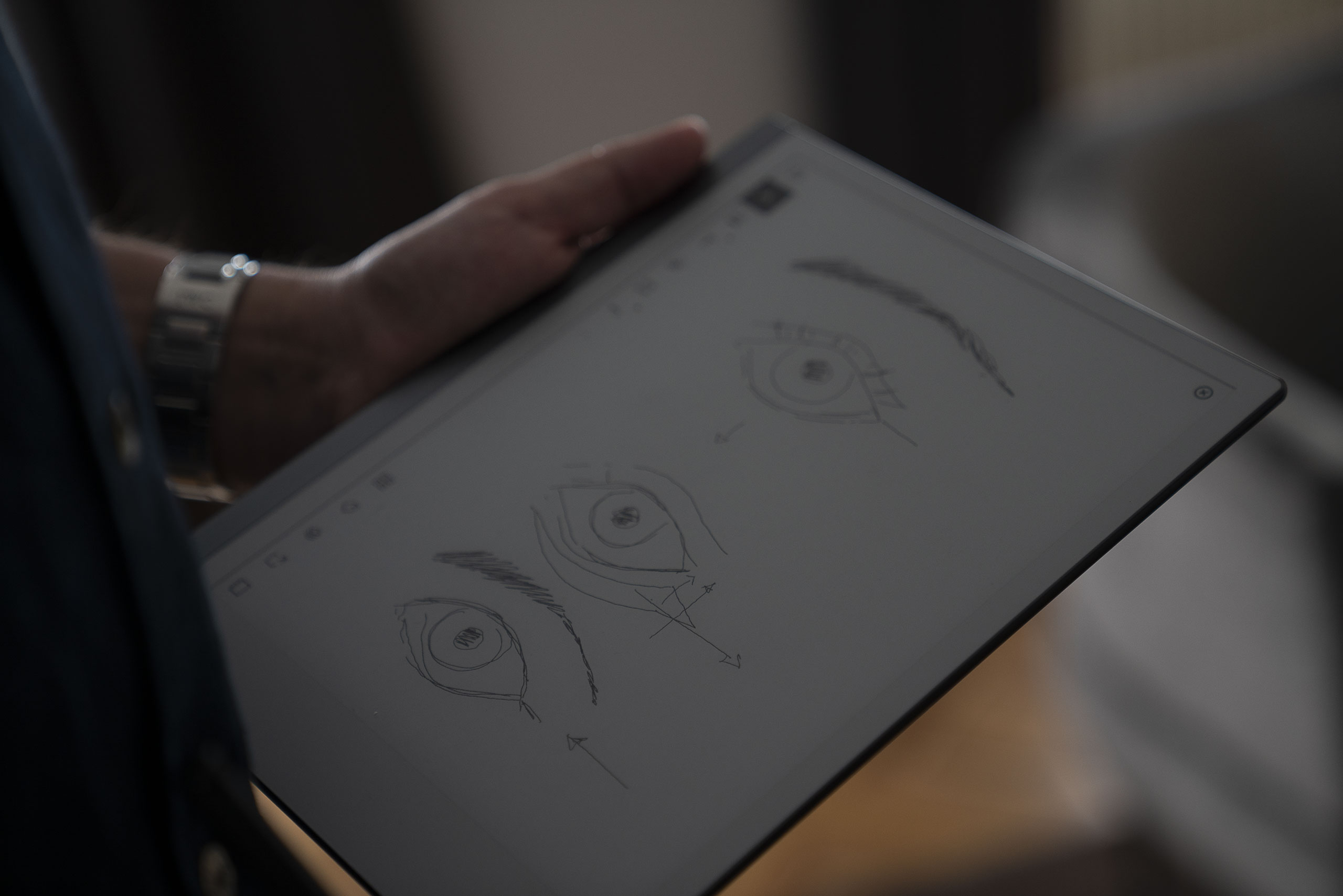
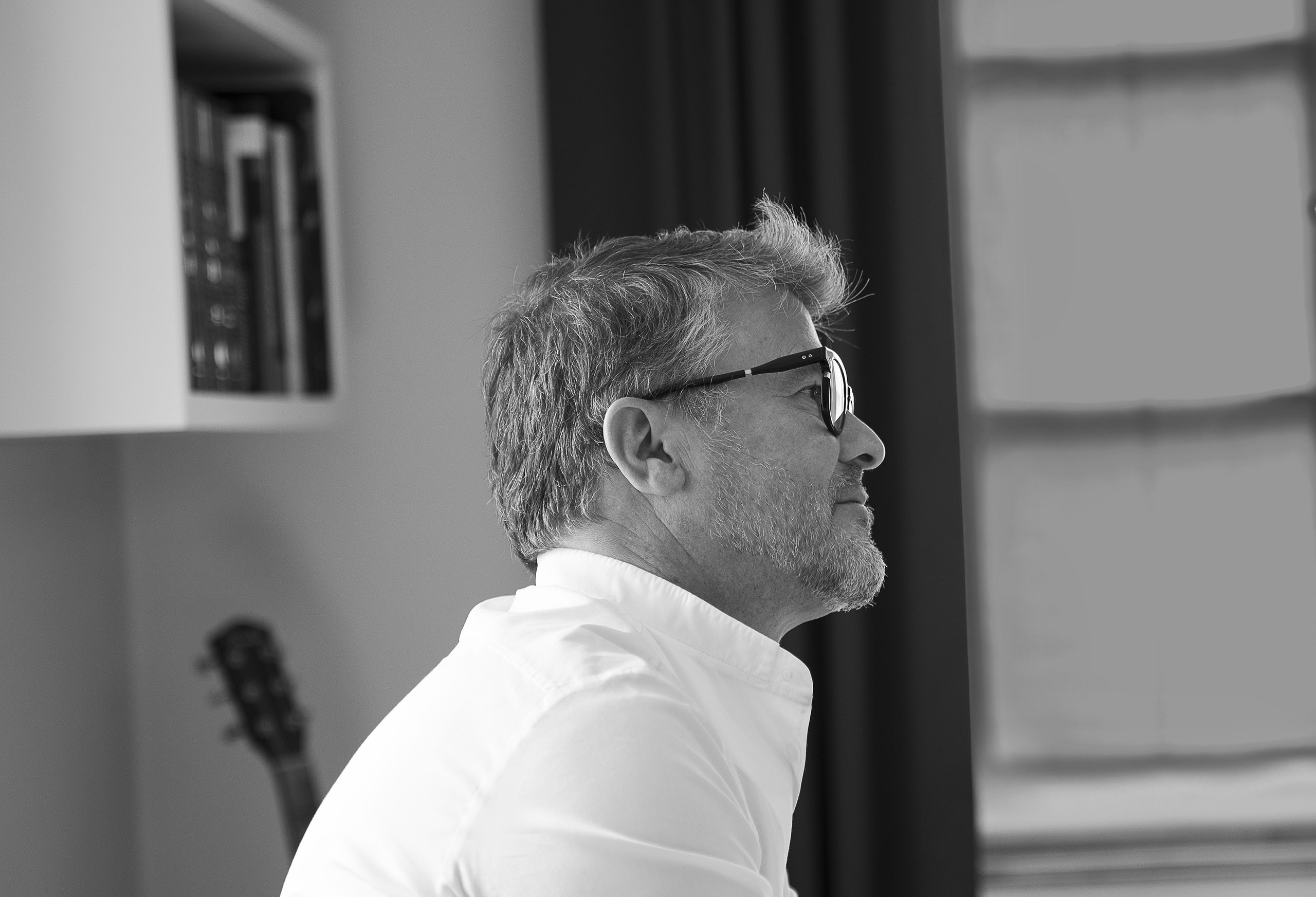
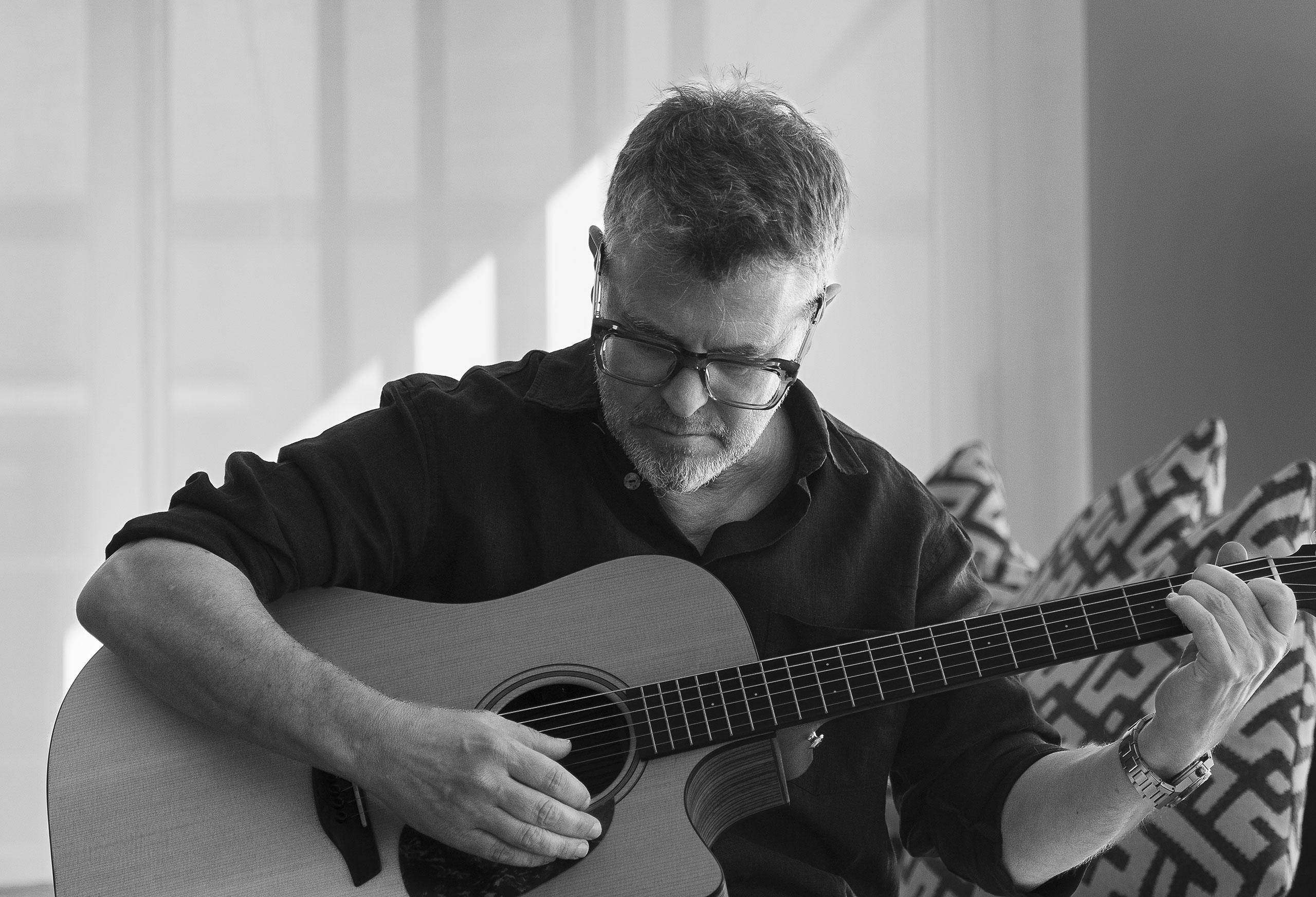
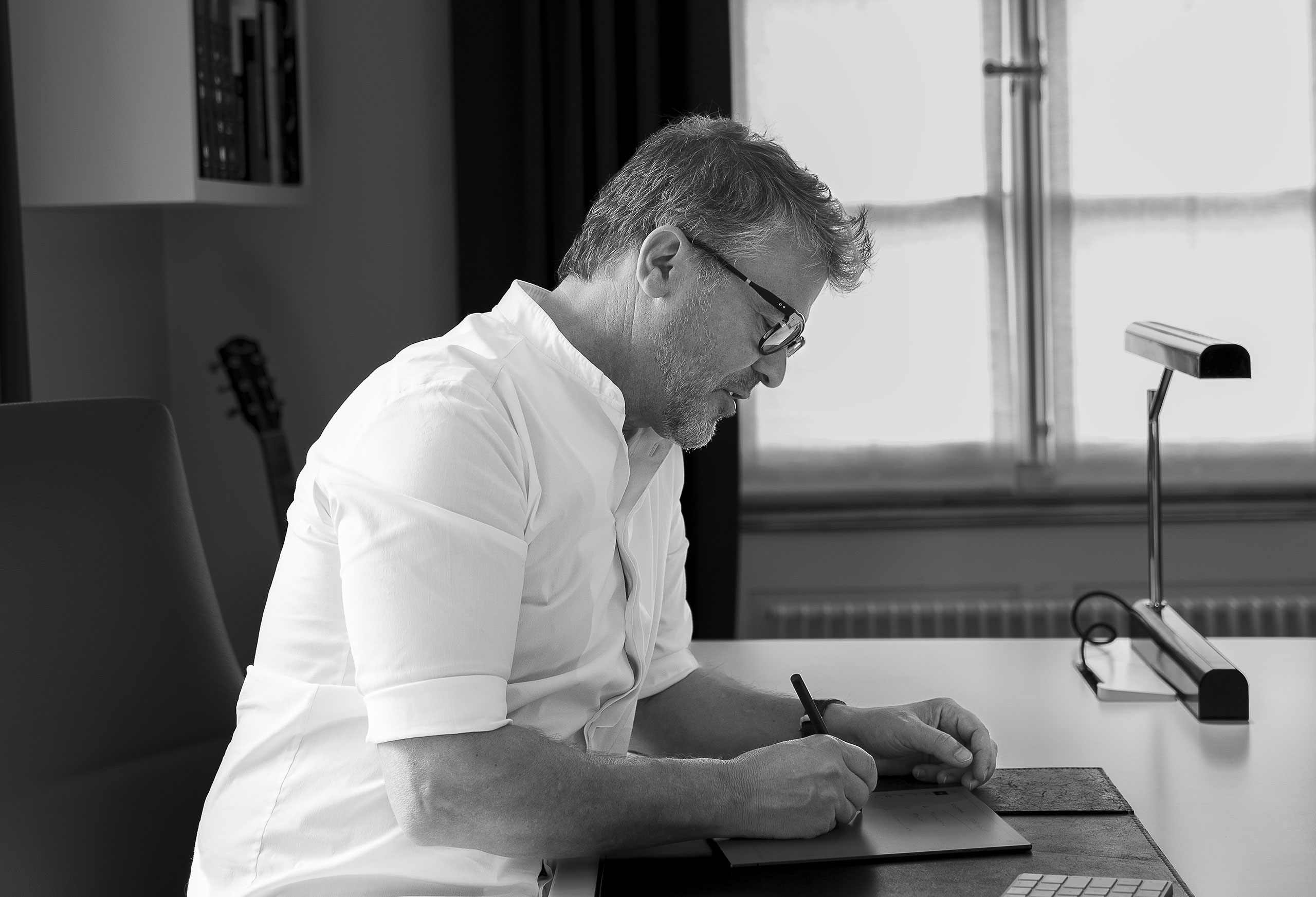
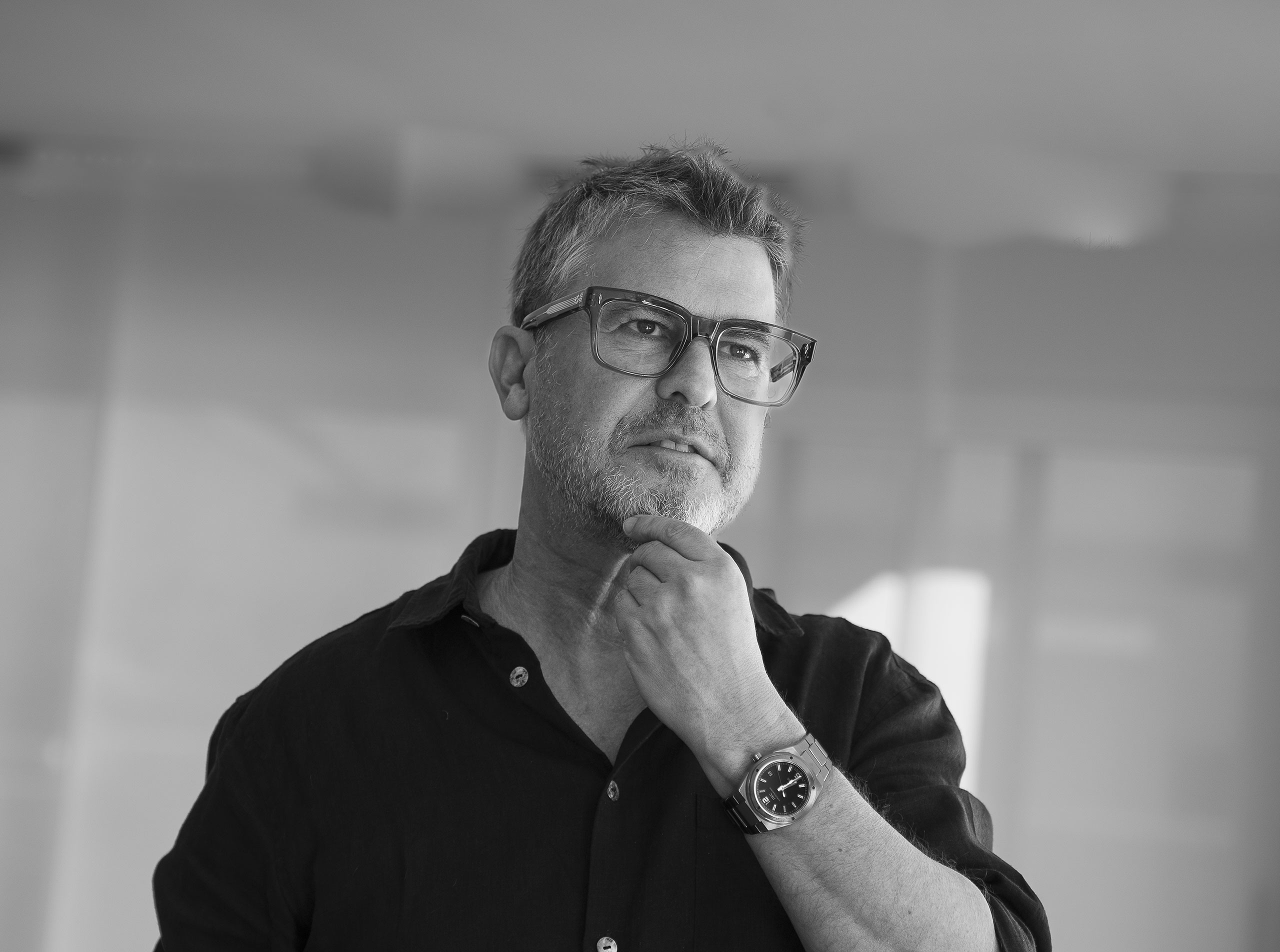
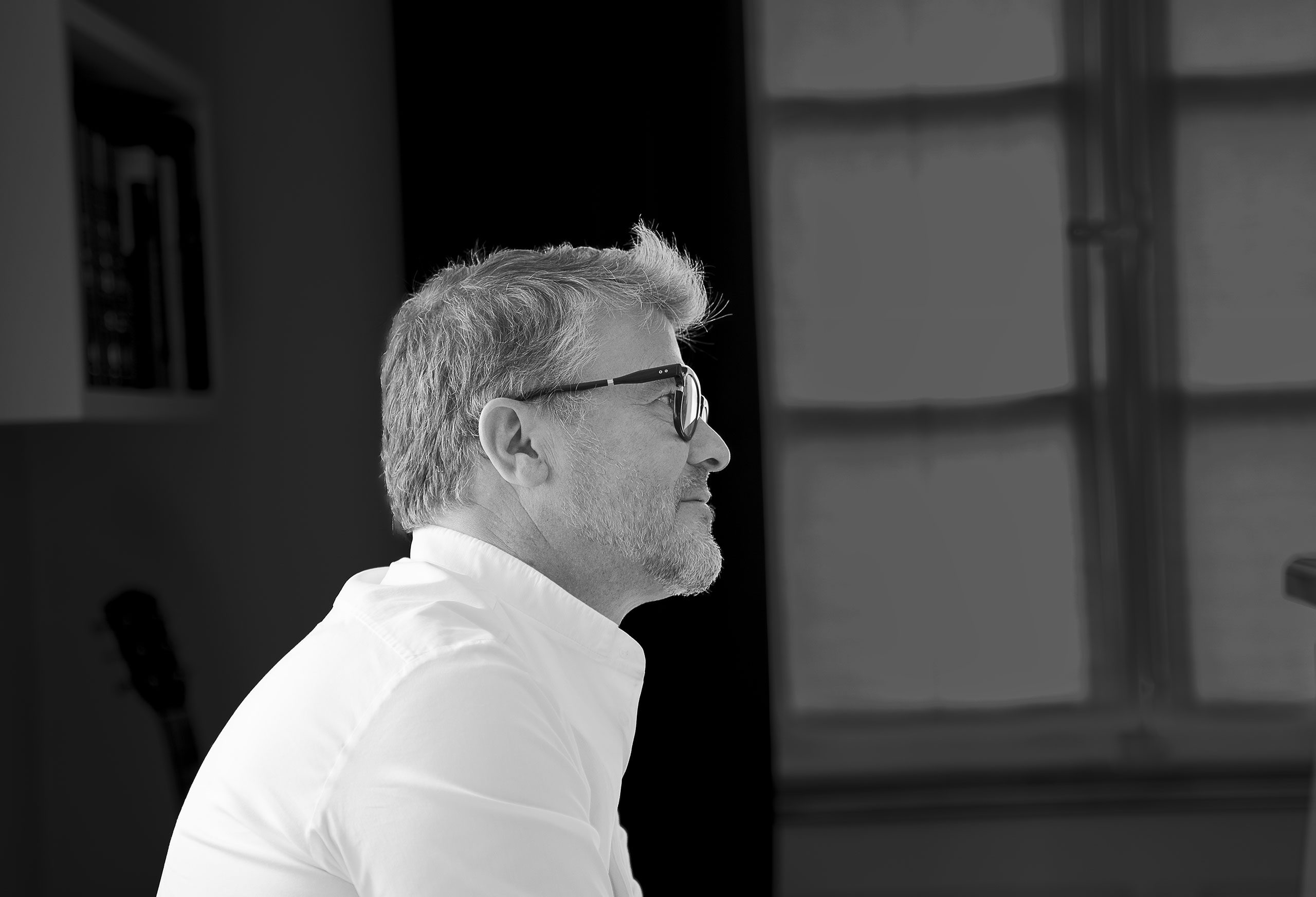
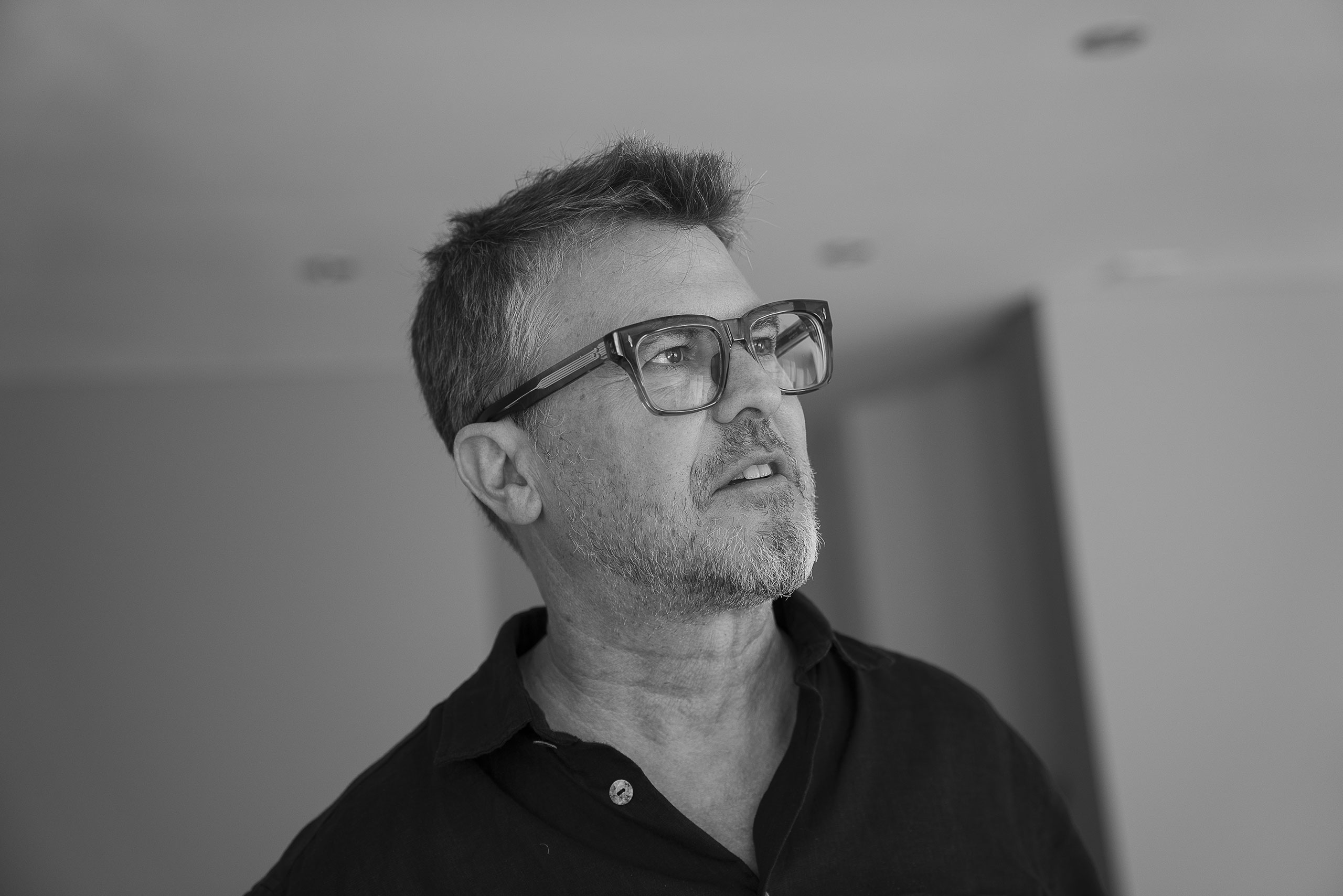
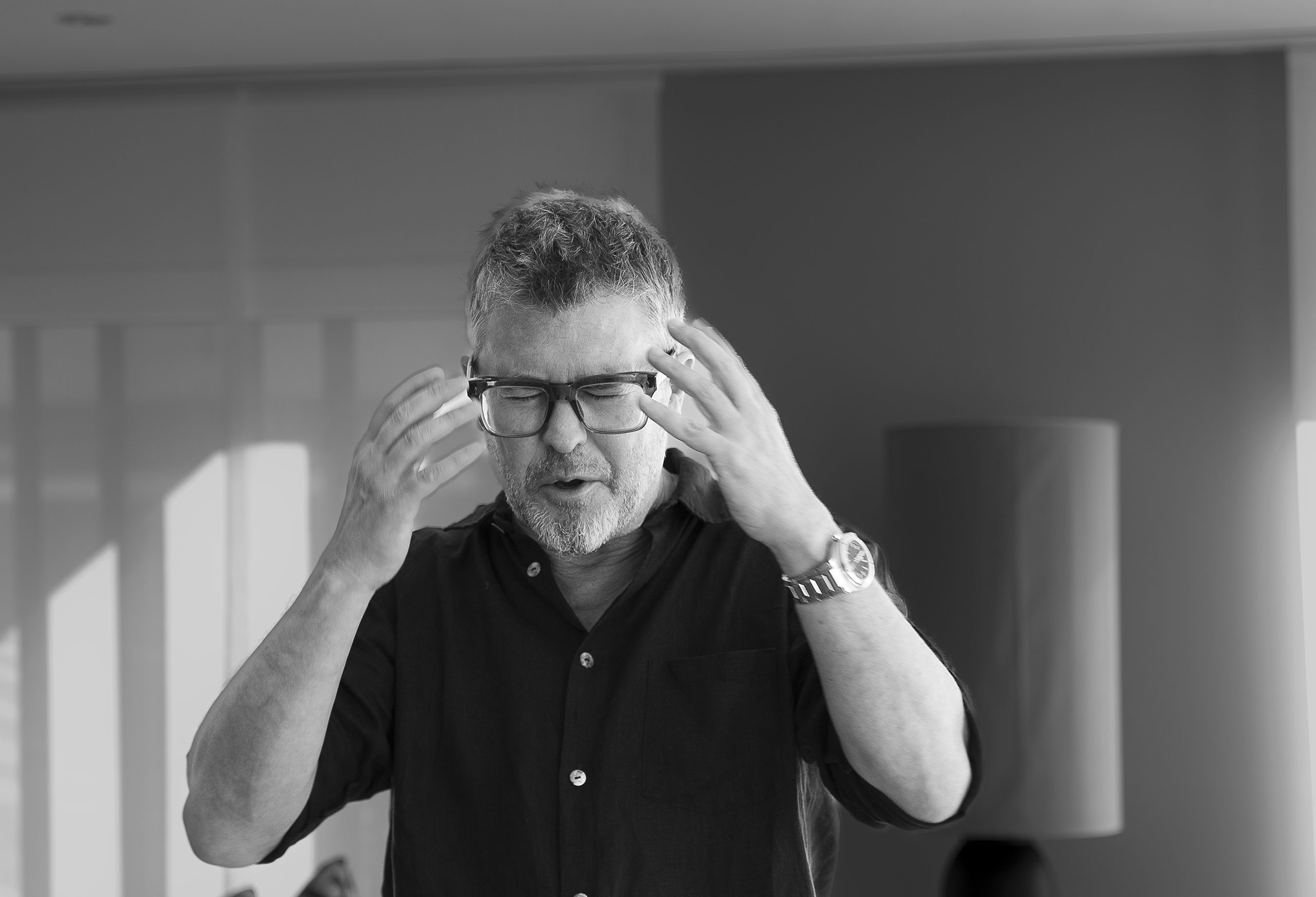
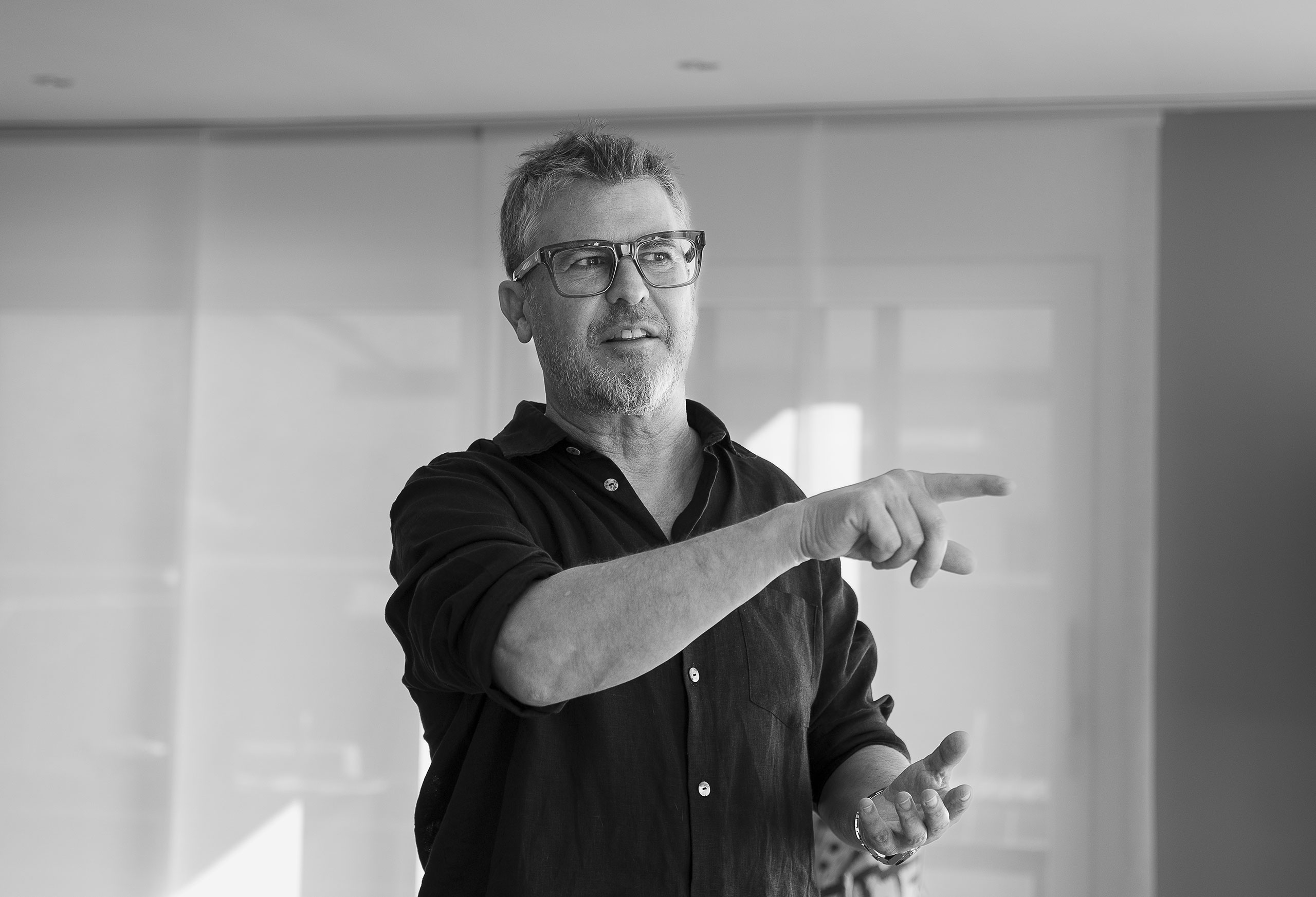
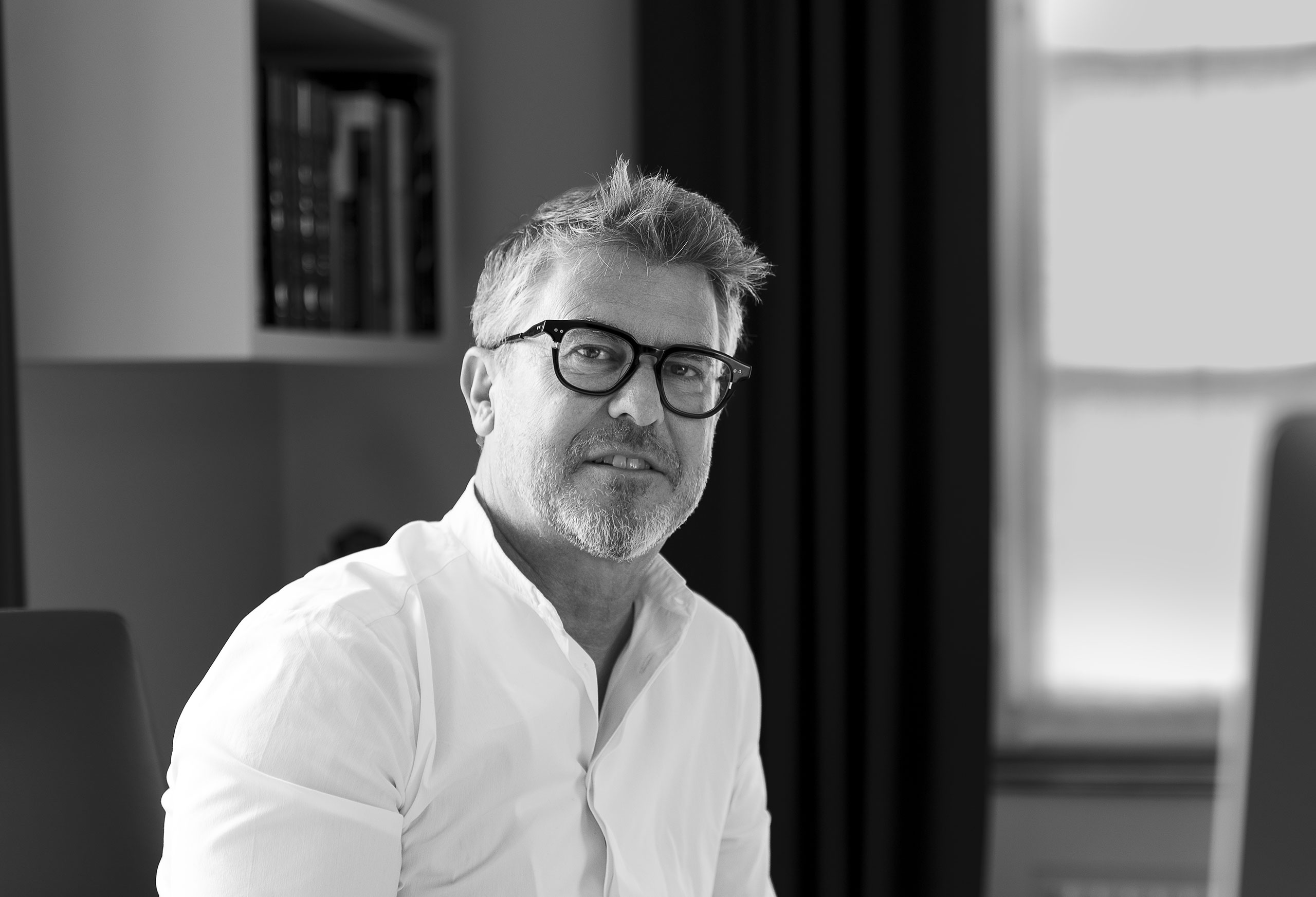
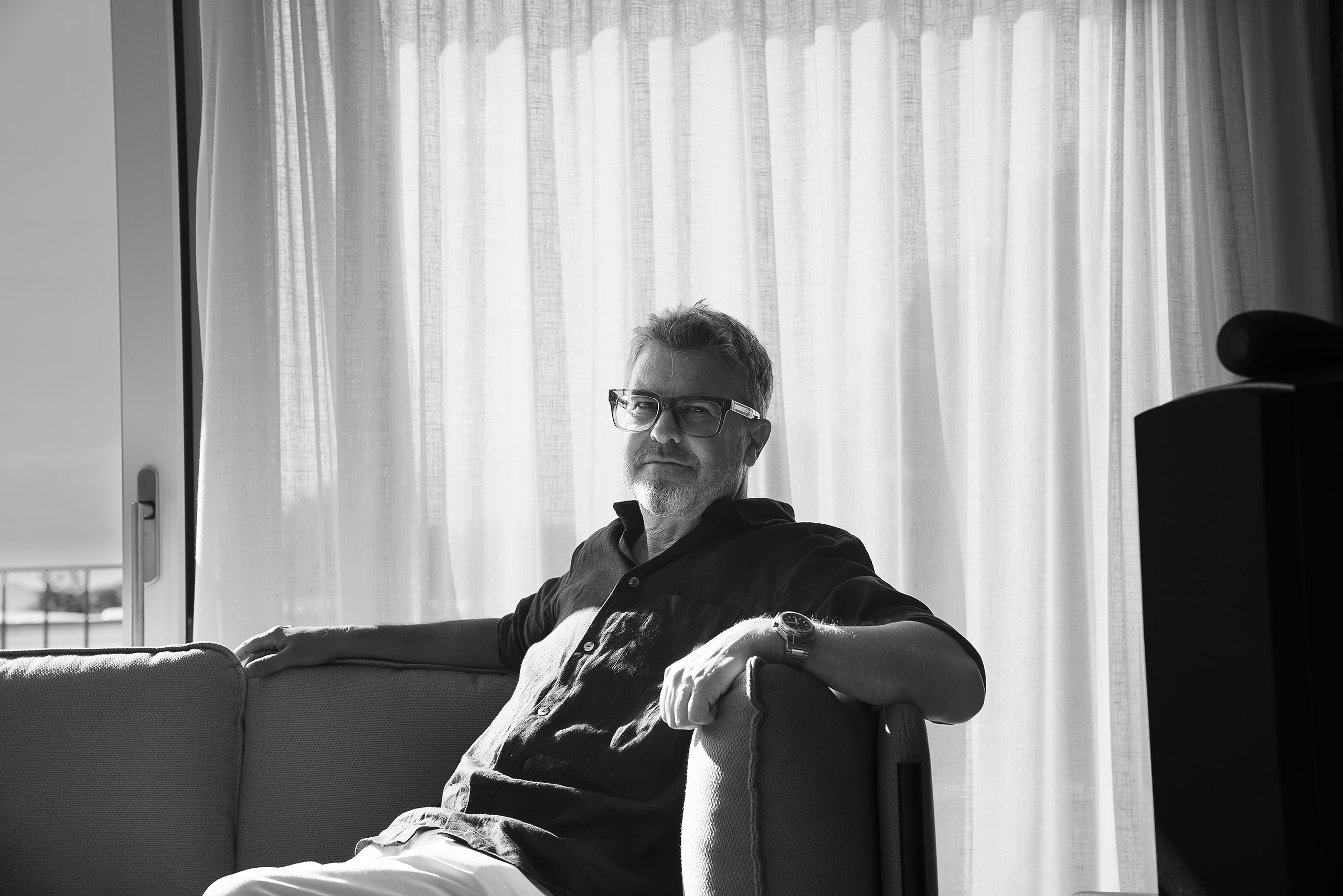
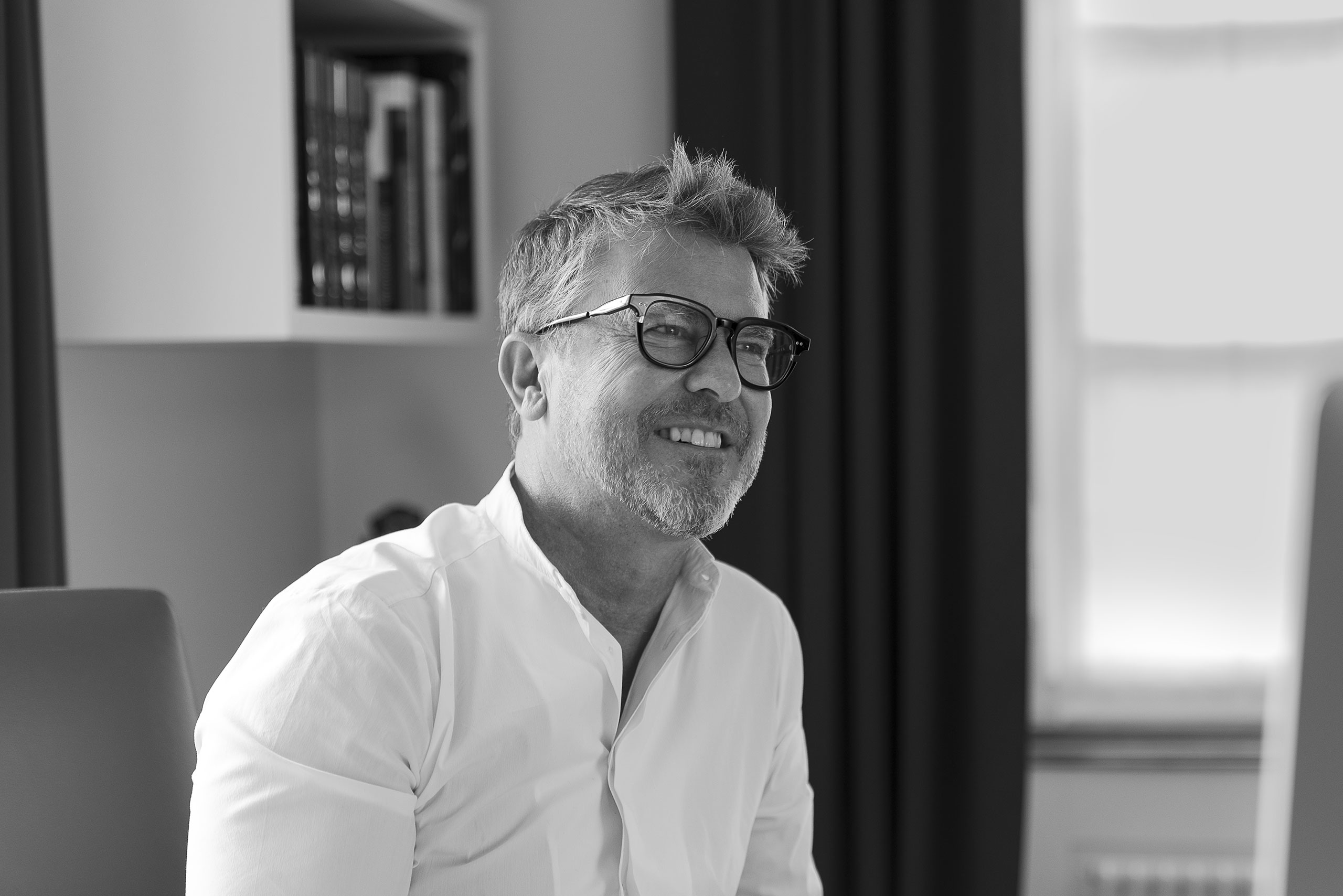
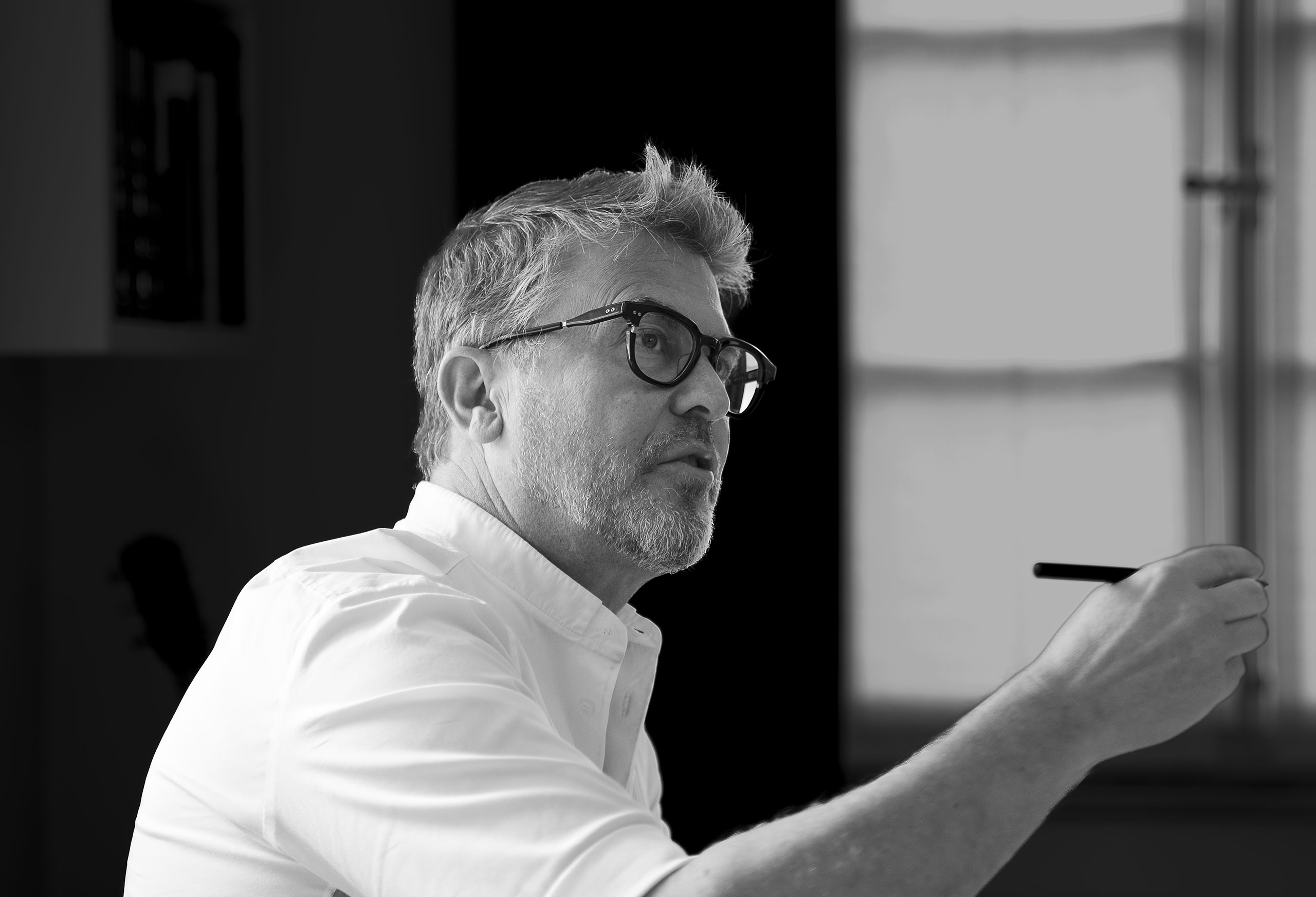
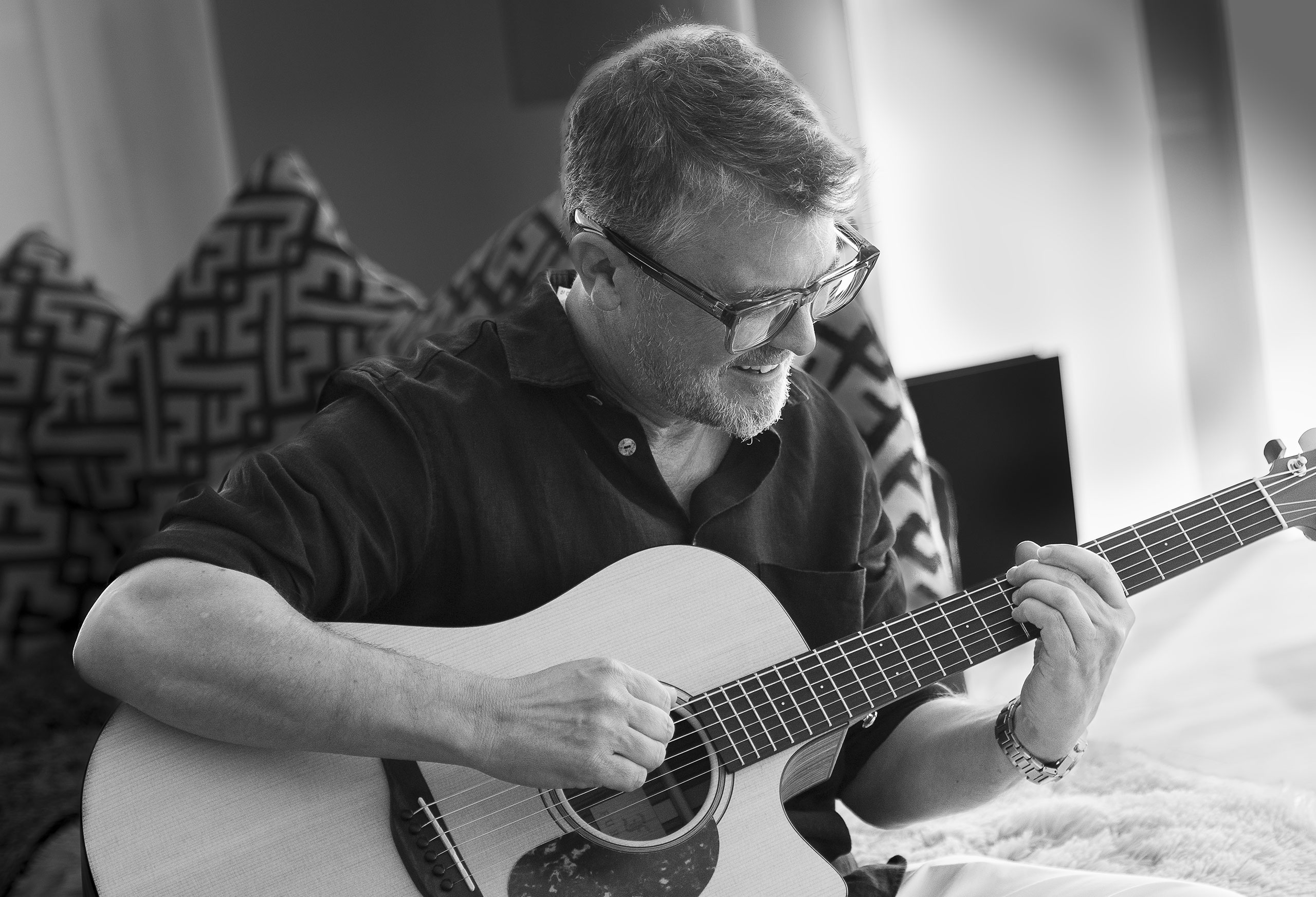
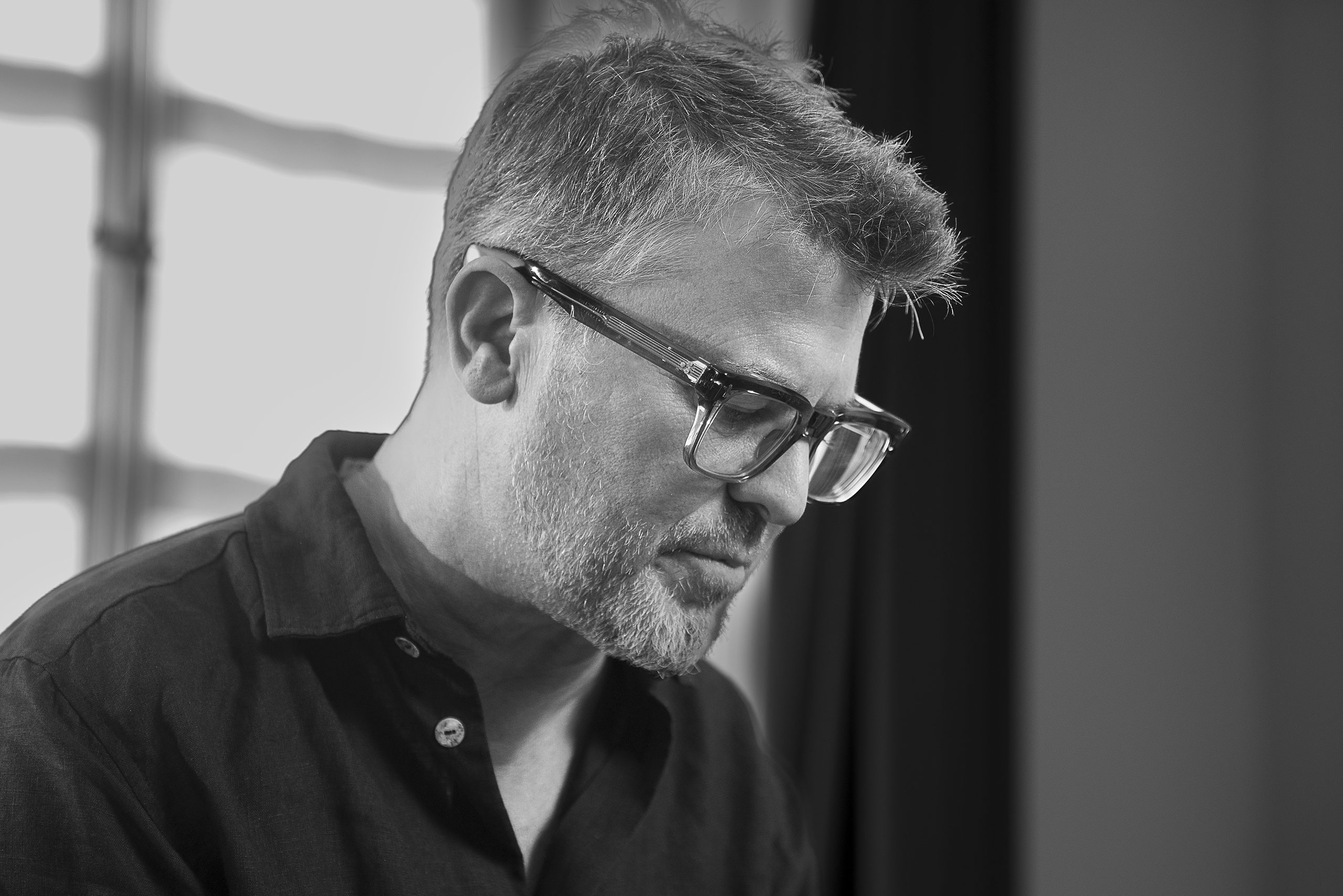
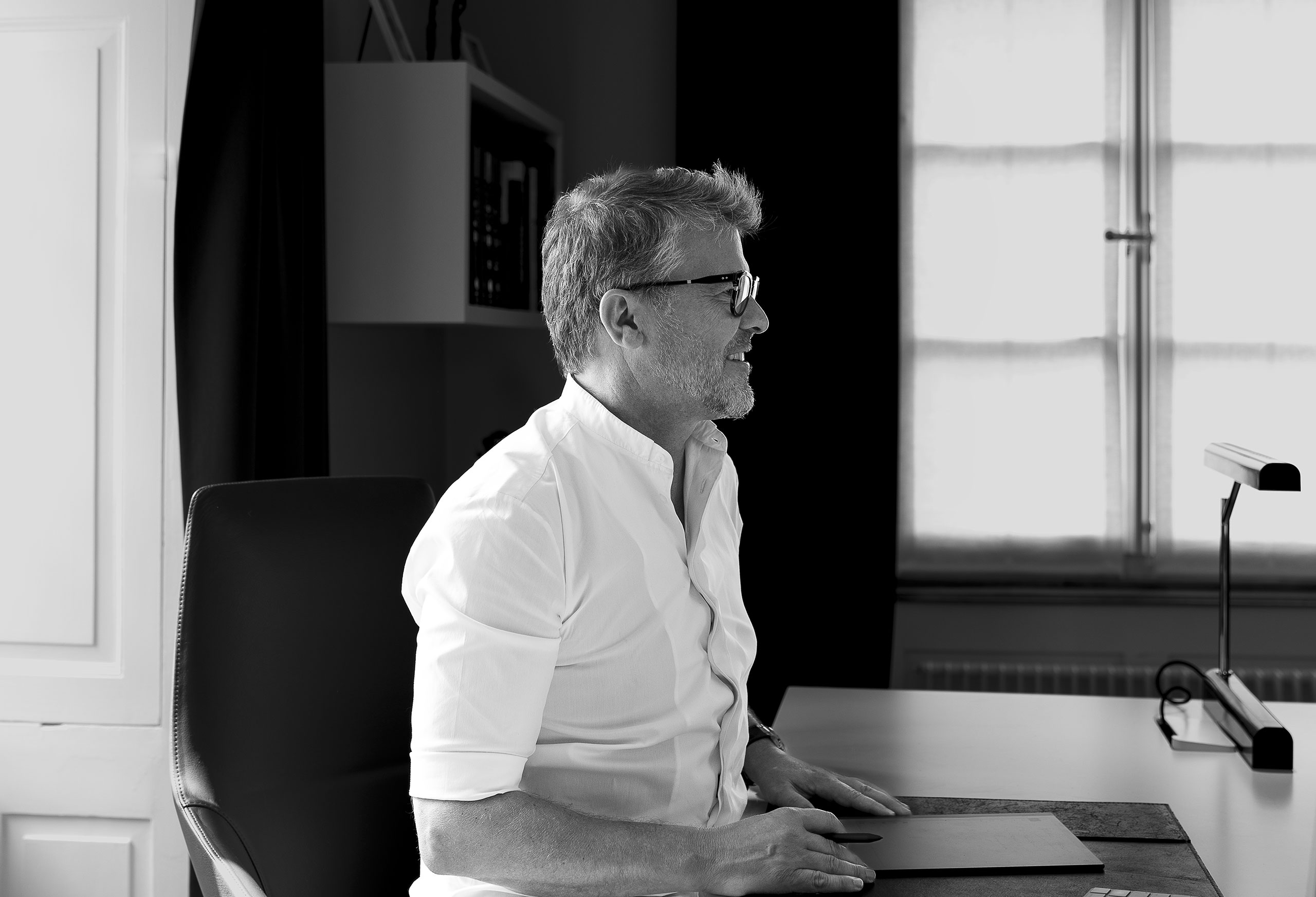
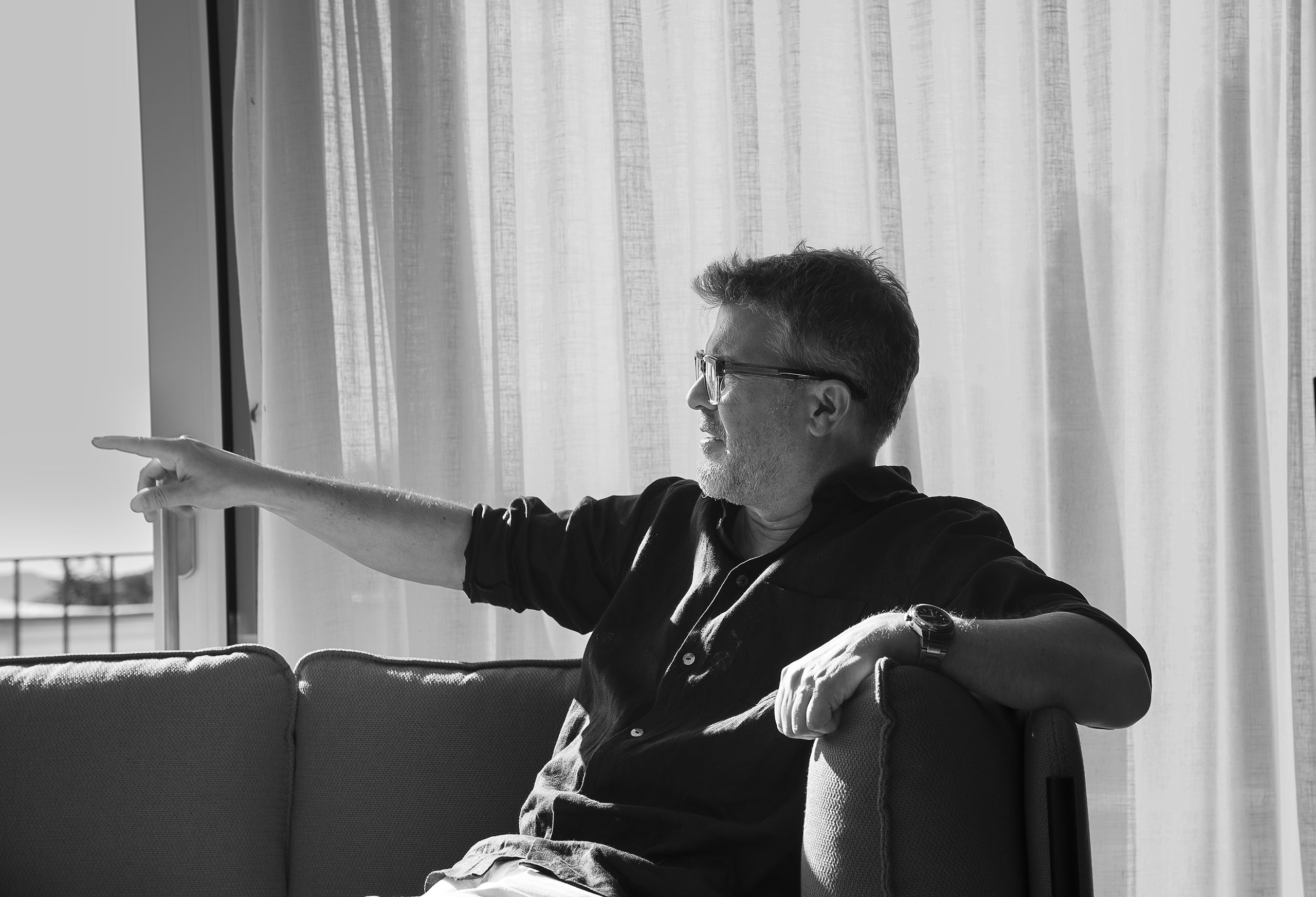
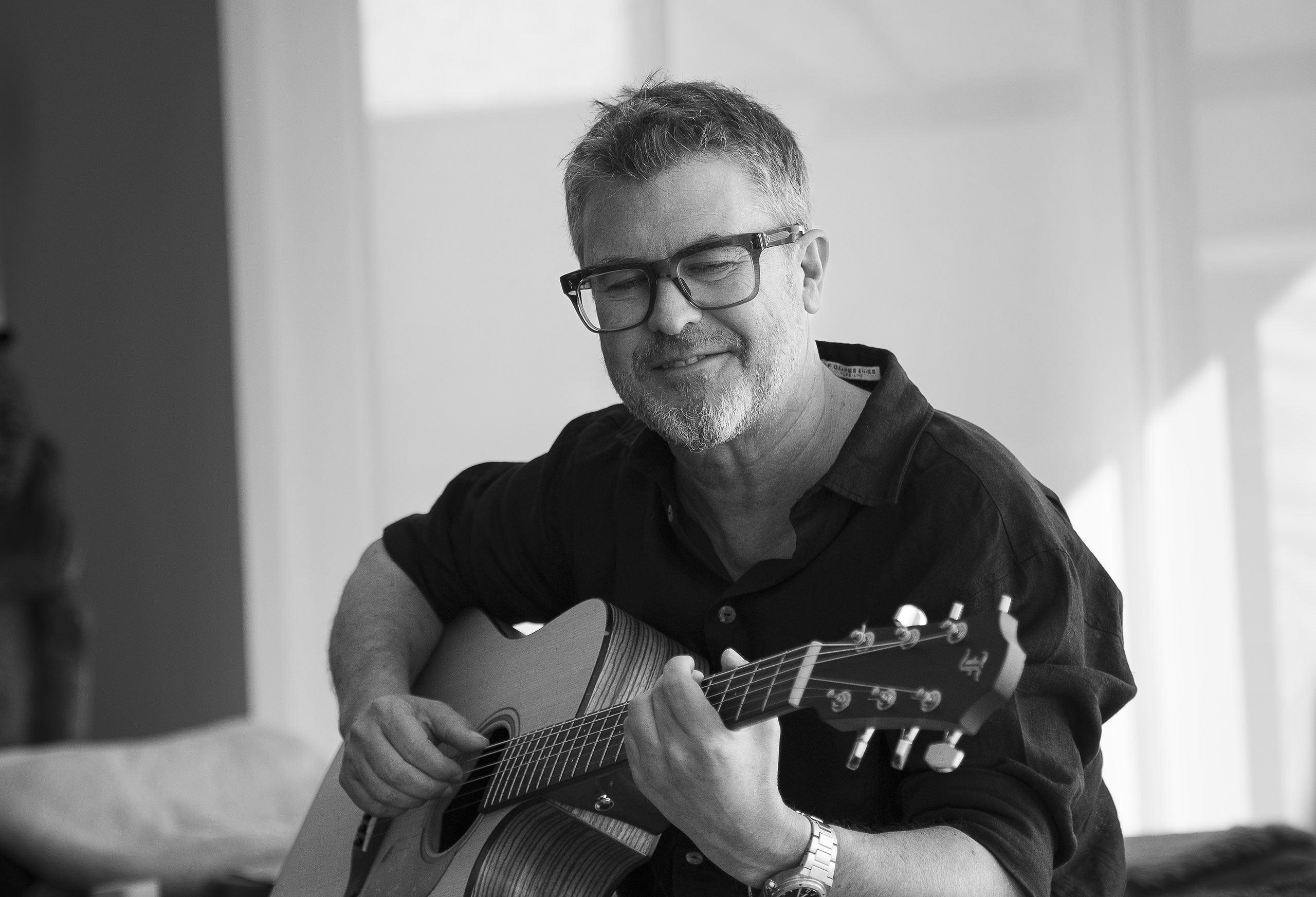
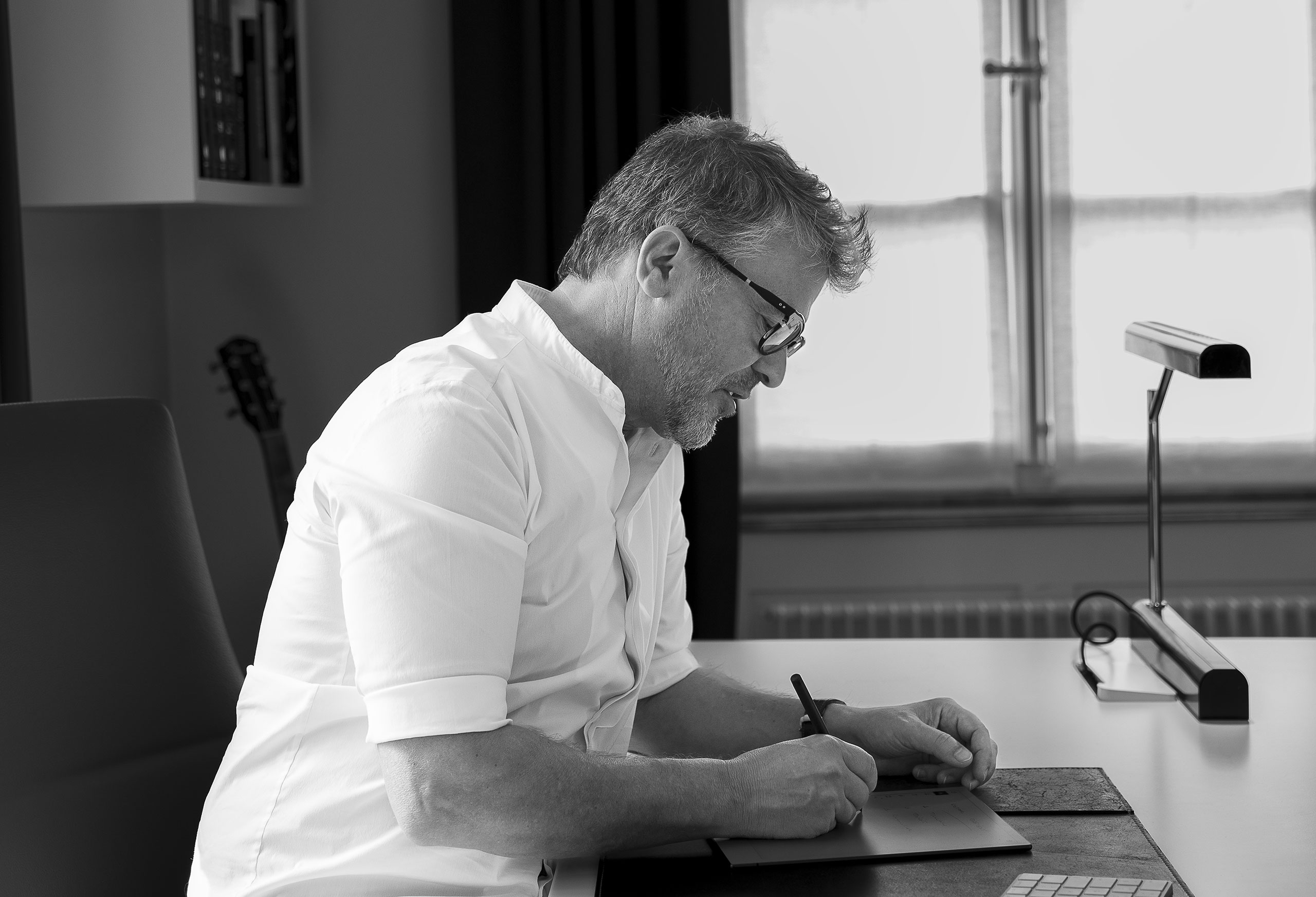
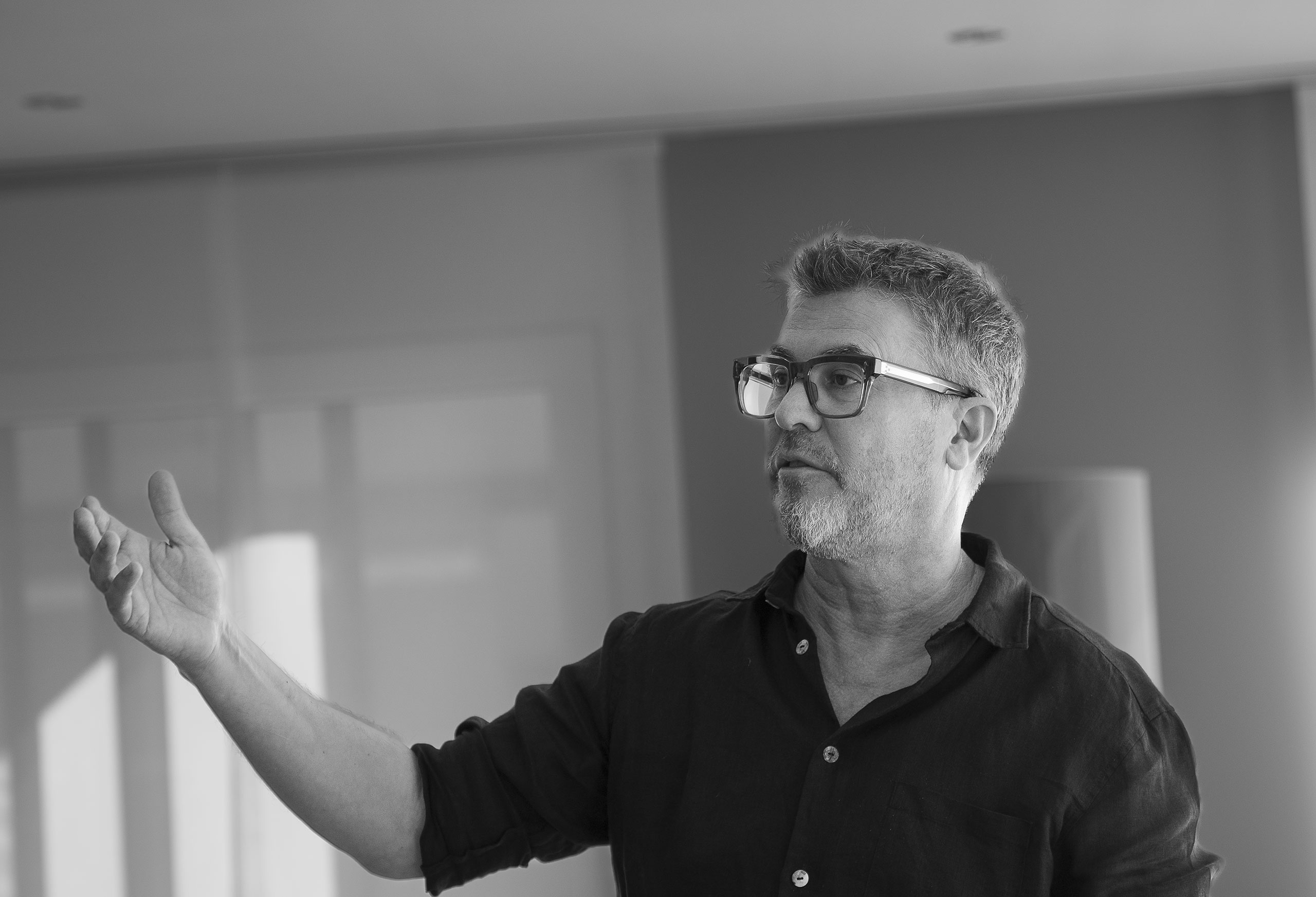
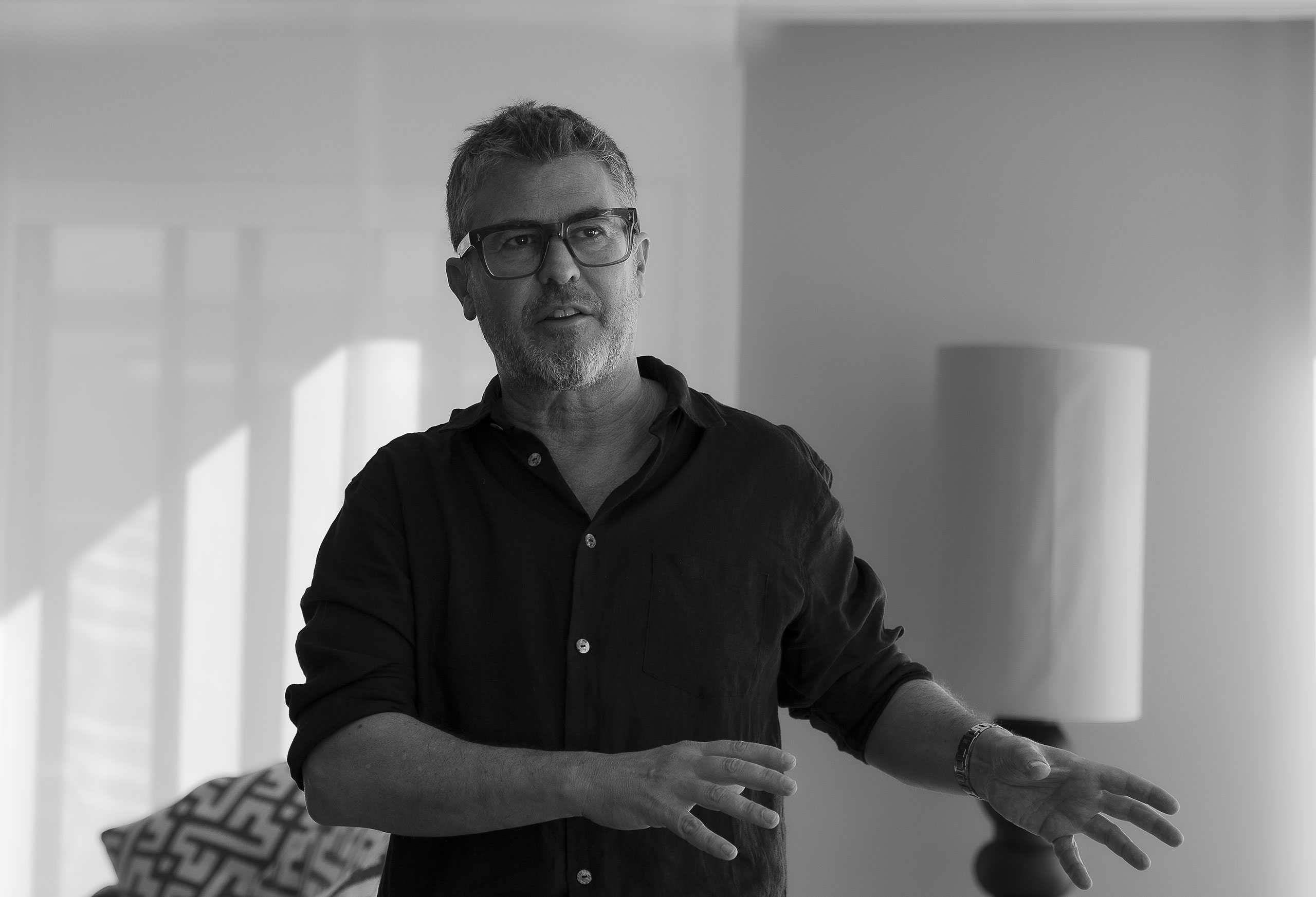
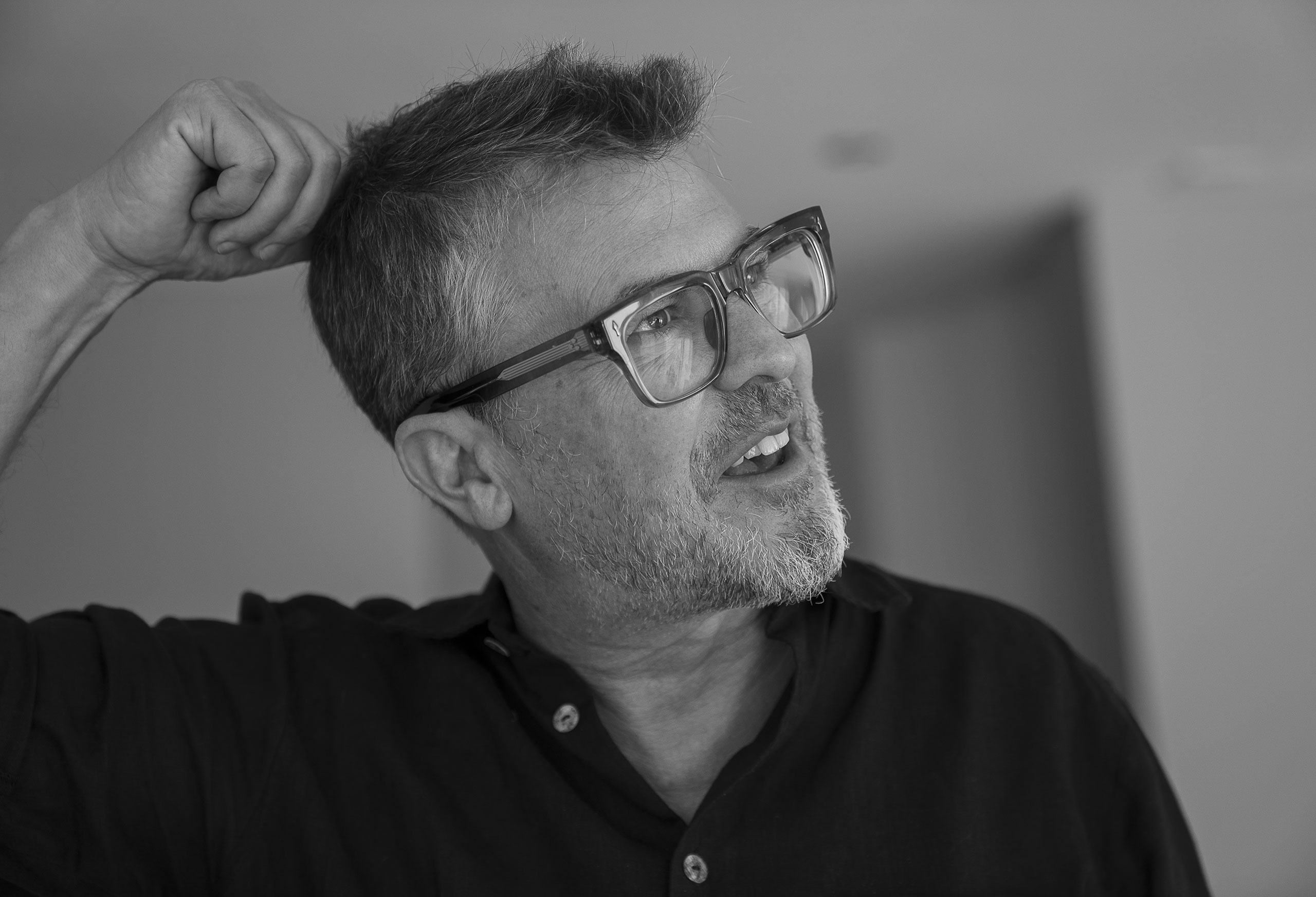
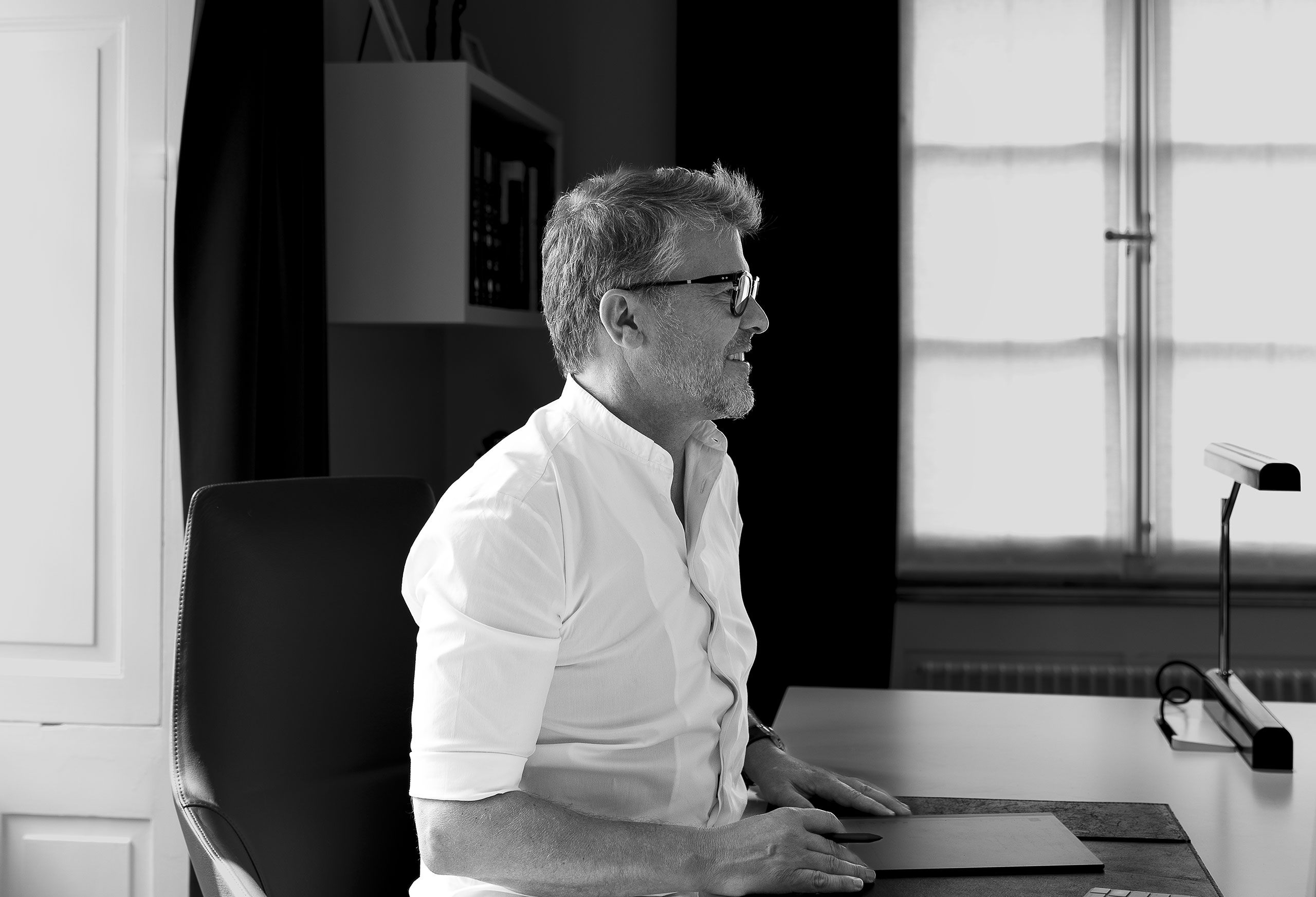
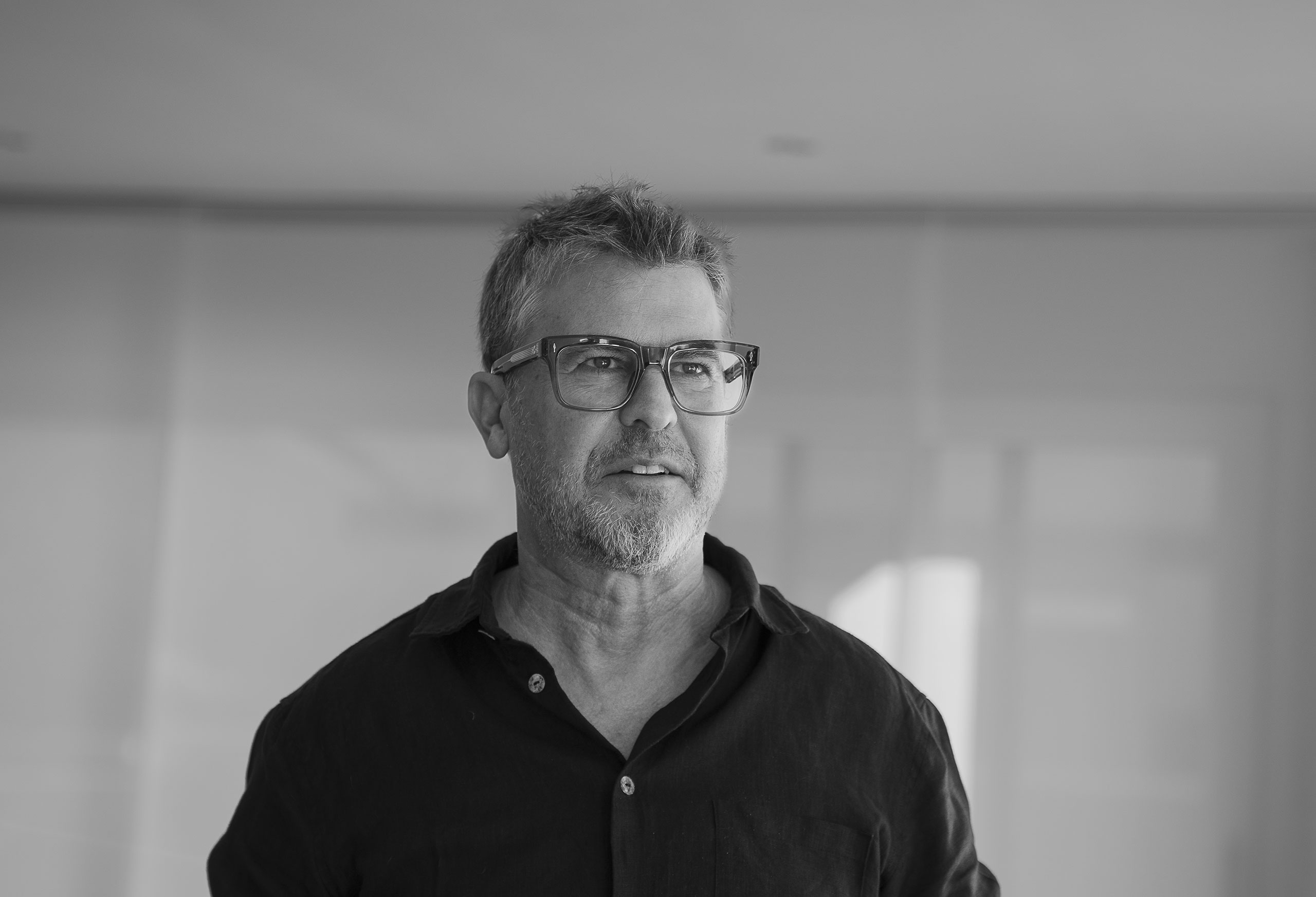
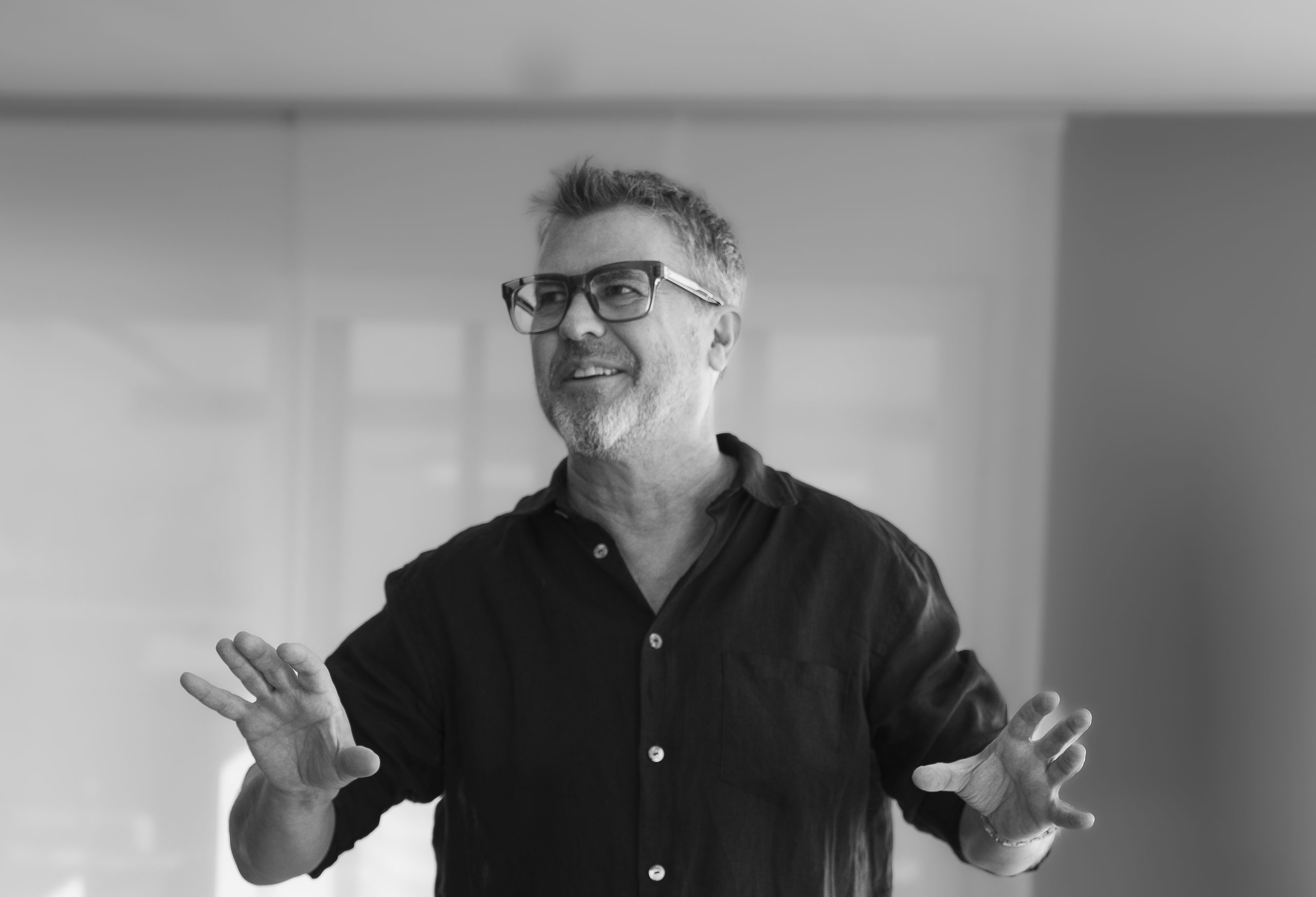
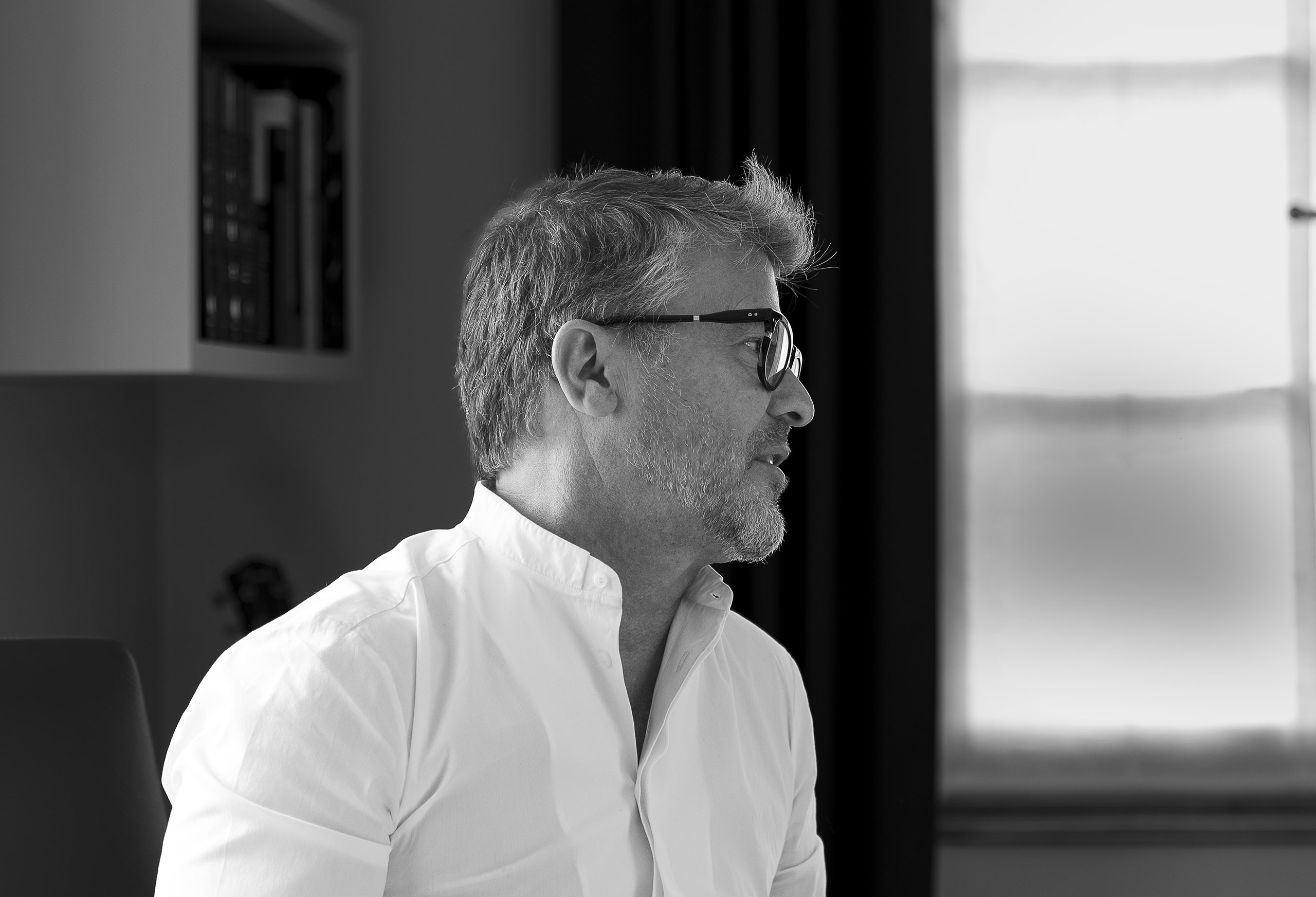
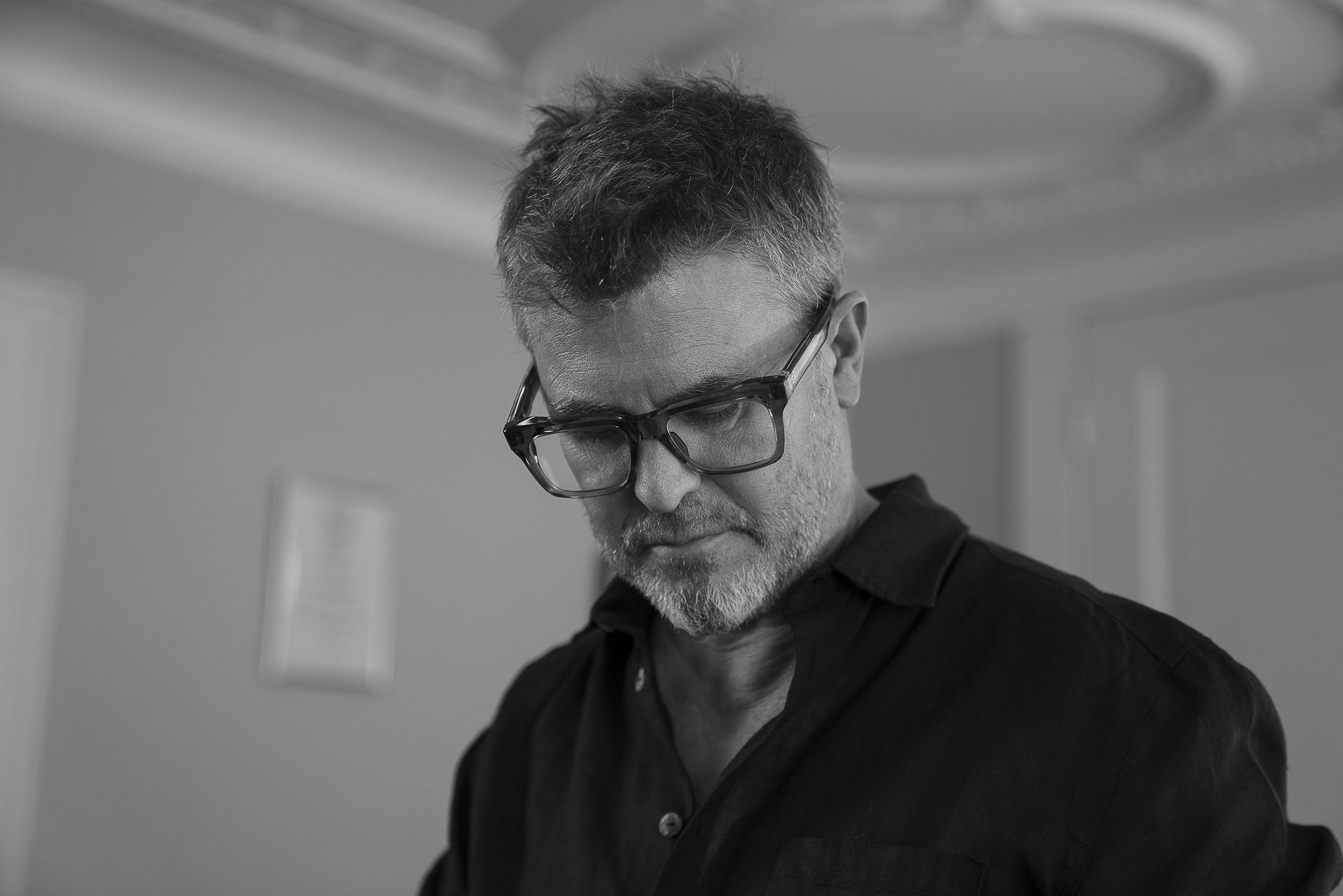
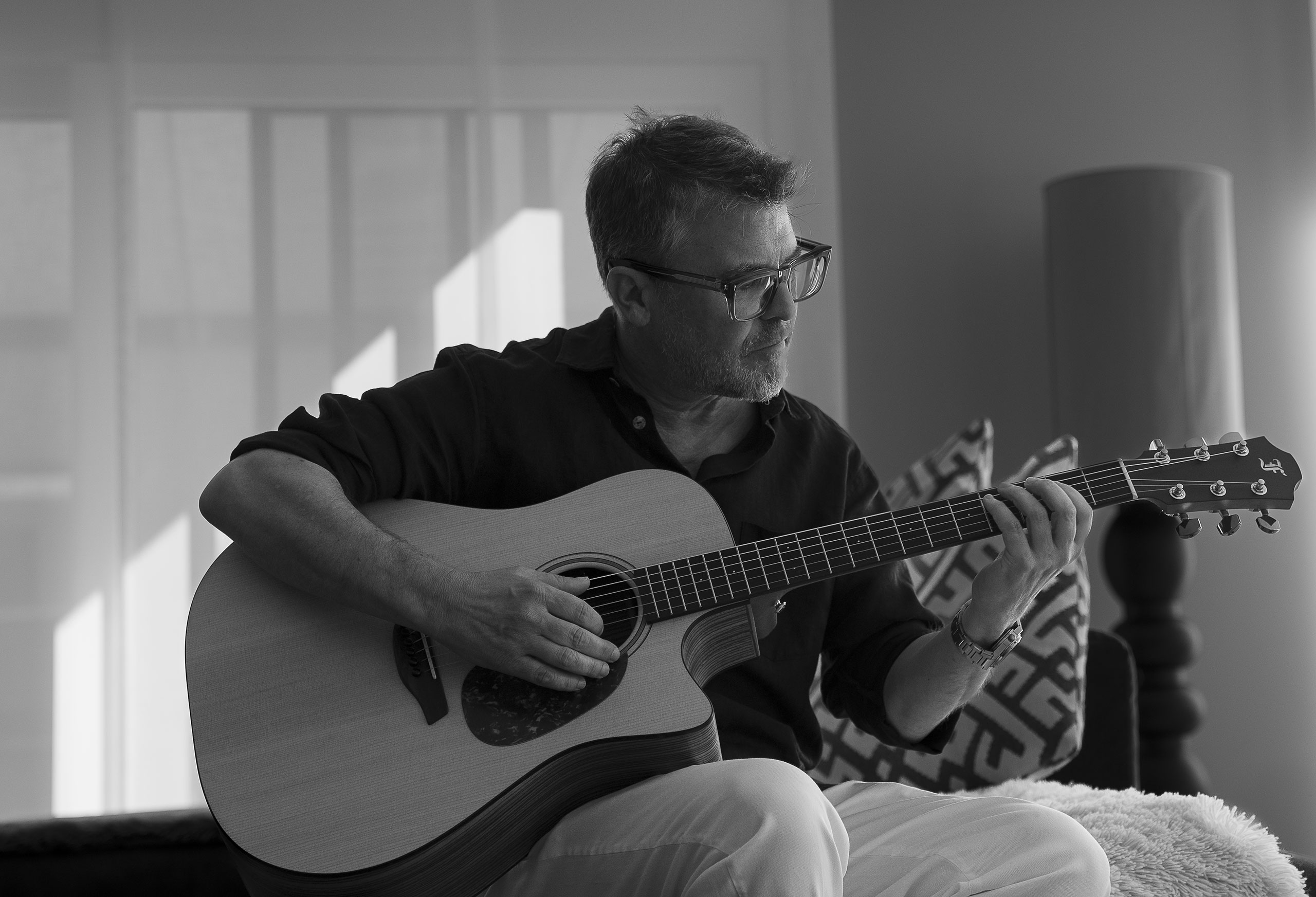
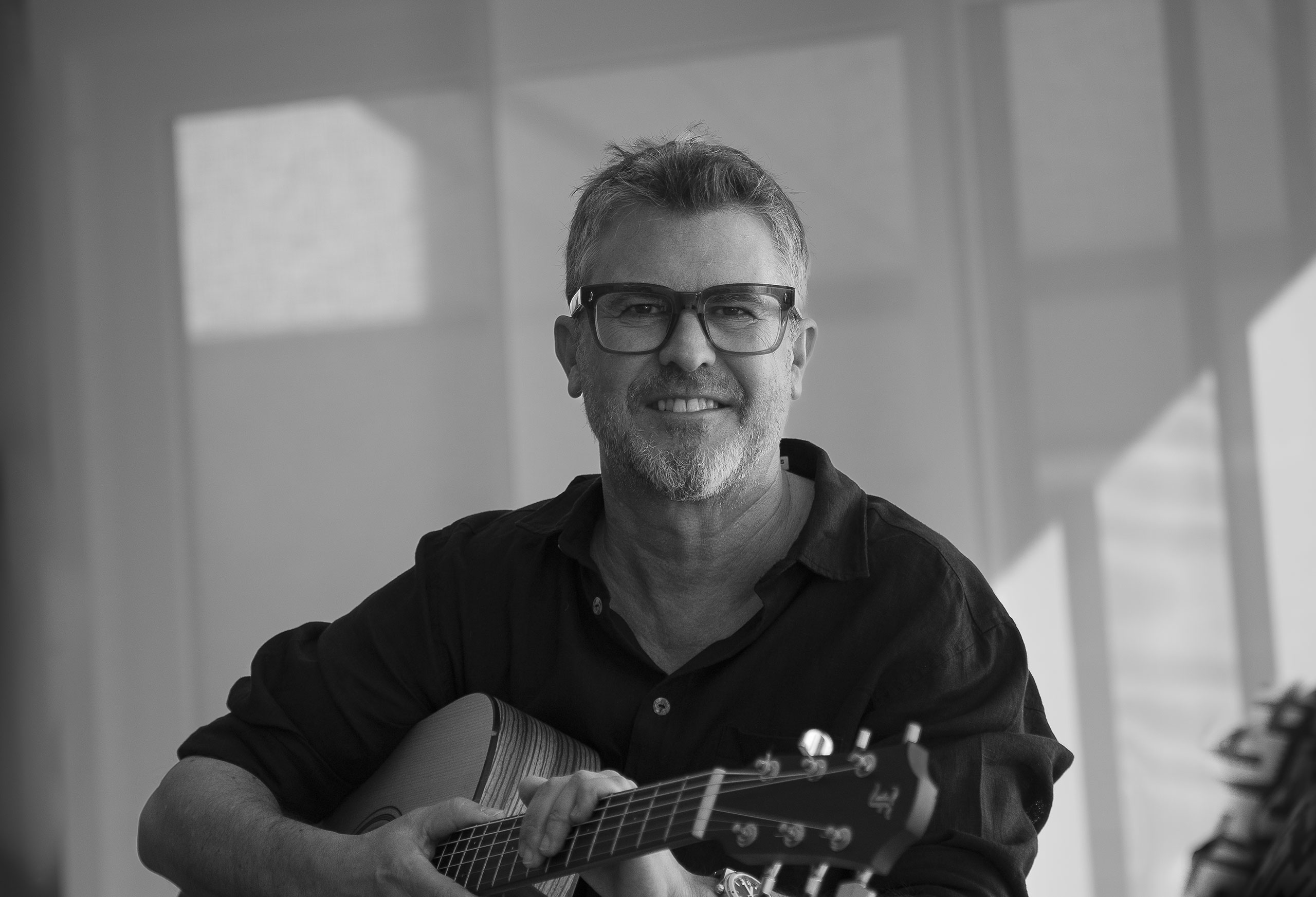
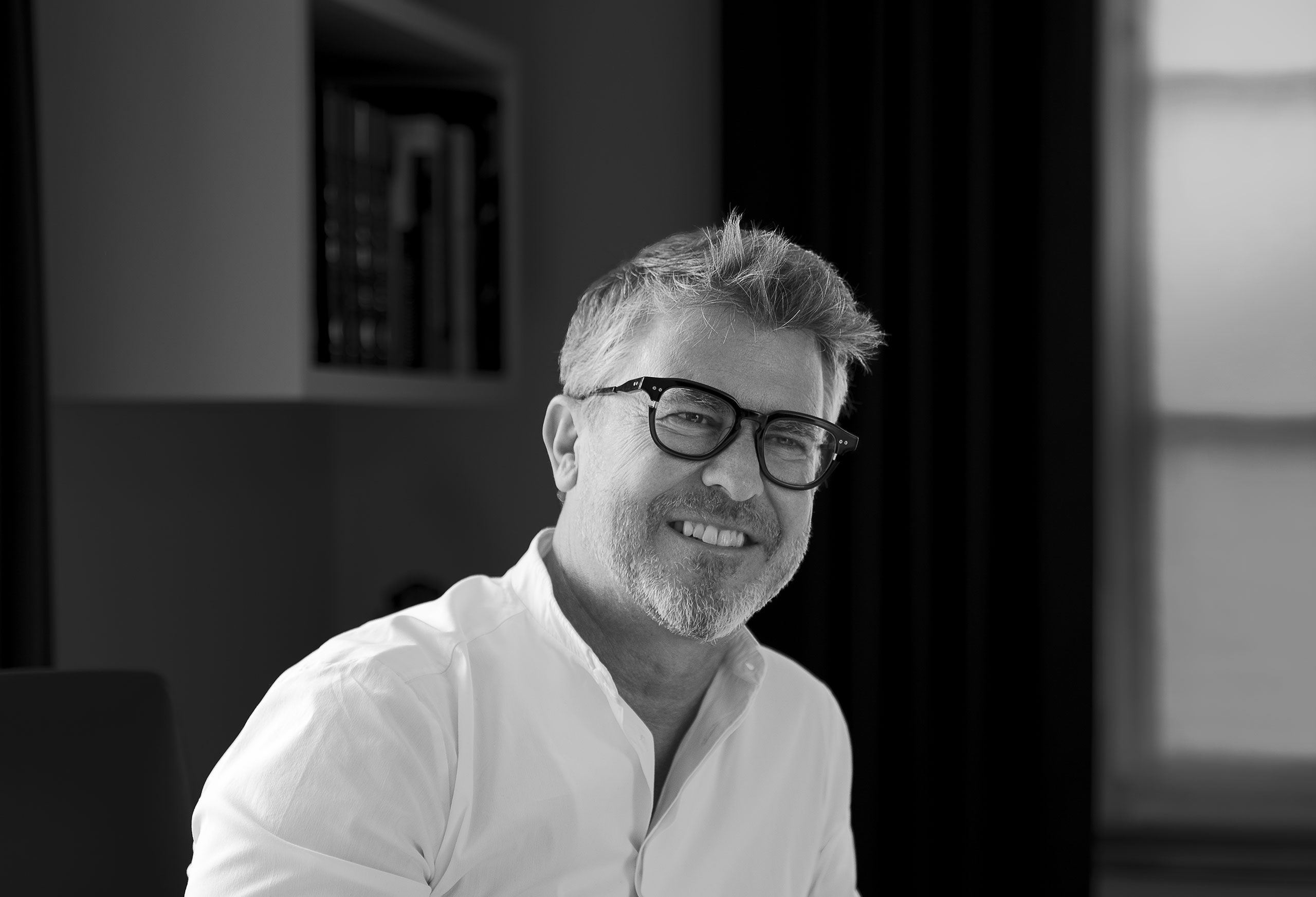
Watch part 1 of our interview with Christian Niehus
Watch part 2 of our interview with Christian Niehus
Christian, thank you for your time. Nice to interview you. You are a surgeon. I read about you, about your education, your special skills, in urology, trauma surgery and plastic surgery, reconstructive surgery. Have I forgotten anything?
No, so far.
Good. I did OK, though it wasn’t easy. And then I thought to myself, was this on purpose, that you were heading towards a goal? Or did you just love the specialisms? Or do you just love learning, studying? How did you end up with so many skills?
That’s a very good question and sometimes I can’t even answer it myself. I think I started medicine because my father told me not to be an architect because the business is broken. And so I thought, what else am I going to do? I started medicine and it was so interesting that I kept at it. I have an uncle who is also a doctor, but he’s doing something completely different. And then I could not decide what to do, but I was always a visual person and not a talking person. That’s why I’m not as good at talking as I am at drawing or building.
So if I could, I would do anything with my hands.
But that’s not possible. And we have so many interesting fields in medicine. But for me the most interesting or the most impressive was when we did surgery on a person who was really sick.
There was maybe an emergency or whatever. And my boss fixed it, and closed it, but it was ugly. And so the patient wakes up and says: “Thank you very much for saving my life.” But he looked down on himself and said: “But what is this?”
It was very ugly. But his life was saved. My professor, my teacher told me: “Well, it’s more important that the inside is OK.” But I said: “But the patient cannot see the inside. He just looks at the outside.” So that was a very important thing for me to go into the direction I am in now. And for this direction I needed to have several skills, like traumatology, like orthopaedic surgery. And then of course in the end plastic surgery.
And the irony is: you ended up as an architect. On human bodies.
Yes, absolutely.
You closed the circle.
Absolutely, absolutely. I don’t know if I would have been a good architect. I don’t know if I am a good plastic surgeon.
I know.
Thank you. But I love what I do. Honestly, I think it’s always a great honour to make your hobby your profession. And that’s what I’m doing. Every morning when I wake up, I love to go to work because I know there is some very interesting stuff coming up. I meet interesting people. Every patient is something new. You don’t have skills you can use on every patient. So every time you do something, it’s a new thing. It’s a new project.
And I know out of experience that you are not only a great surgeon, but you’re one of these doctors that really cares.
Well, I try to.
No, you are. Because I remember very well, I called you once at 6 o’clock in the morning because I was in such renal pain. You came back to me. You made the right diagnosis. You told me what to do. And that’s acting as a friend. Helping, being sensible, sensitive and empathetic. So, that’s why you are special. And I think when we are looking for reasons for success, all the interviewees we had, it comes down to empathy.
Well, I think that is a very important thing. Because an operation or a surgery is not only a project, it’s the way you go about it. It’s teamwork. You can be the best surgeon. But if the patient is not following your rules, he can ruin everything. Or when you are not following your own rules, it will to be a disaster.
So I think it’s always teamwork. And when one part of the team has a problem you try to help because you’re as good as your partner is. And in my opinion, every patient is kind of a partner. You’re going into a partnership for a decent length of time.
And that’s why it also often happens that a patient becomes a friend.
This is very meaningful to me.
Yes. When we are talking about reconstruction, you are an architect, you need vision. What should the outcome be? You have your picture in your head. You need to know the human body but also you need inspiration and talent.
So where do you get your inspiration from?
I think, honestly, either you have it or you don’t have it.
Yes, that’s what I think.
That’s why I said, I don’t know if I could be a good architect. Because I think I can be a better doctor than an architect. Because I see what other people are doing with their skills, building houses, which I could never do. They have ideas, I don’t see them. But if I look at the human body, I can tell exactly how it should be, how it can work.
And that’s also why I said every patient is a new project. Maybe a person is coming out of an accident, is coming out of bad surgery. He’s coming out with some other issues. You have to fix it. And then you have to start to think, how can I do that? You can read 100 books but it will not help you as long as you don’t see what the patient needs.
So that’s why I’m not a fan of reading all the books and I’m not a fan of listening to what other people do. I’m a fan of trying to find out myself, what’s the best solution. Sometimes it works pretty well, sometimes you have to work a little bit more. But you have to learn the basic skills of course.
That’s all down to education.
Absolutely. And when you have that, then you really have to figure out, is this profession made for me? Because you have to work with your eyes. And you have to understand what is important for the patient, not what is important for you. So, what does the patient want? And to read that and to give the patient what he is expecting. That’s the most important thing in plastic surgery. Not performing what your skills are just because you learnt it from someone.
Maybe you learnt how to do a perfect nose, but this nose doesn’t fit into this face of this patient.
So you have to rethink: What can I do differently?
And I think that’s the important point for your success also that you listen. You listen to the patients. Because sometimes somebody is very upset about, I don’t know, about his ears, and he has a large, unattractive nose he doesn’t like. So, it’s important to get the opinion of the patient.
Absolutely. And never help or never point a patient towards a problem he does not have.
I’ve heard one of my friends say to me that when the door opens to his office, he can tell what the patient wants. I said: “But that’s what you want, not what the patient wants.” So I think I’ve learned a lot out of this sentence. Because I think it’s really, very important not to tell the patient what he needs unless he’s asking. But just how you can help with his problem.
And that’s it. As you said, if he wants to fix his ears, let’s stay with the ears. Because he has no problem with the nose. All good, all good.
And it’s always said about these people, they say, “Yes, they have problems with their noses but even if they have plastic surgery. It won’t help,” but it does help.
Yes. For this I also have a very interesting example, if I might tell it to you.
Tell us.
I had a girl. I think she was twenty-eight or twenty-nine, doesn’t matter. And she came to me with her father. She was pretty. The father told me her story, and he said, “She was born with very thin arms, very thin legs, but with a lot of fat around her hips.” And from twenty-three or twenty-four, five years on, she went to the psychiatrist, and the psychiatrist told her that it’s not important, that she has a big belly. But she didn’t swim, she didn’t do sports, go to school, no beach on vacation. And she showed it to me and I said, but why don’t we take it away? And they said, “Can you do it, can you take it away and that’s it?” And I said, “Of course.” So, if you had been here five years ago, I could have told you then, and it would have been gone. The problem is gone. It’s not the best or the only way to solve problems like this, but when it’s easy to solve, why don’t you do it?
Yeah.
I’m not a fan, honestly, of overdoing plastic surgery. You know that I’m not a fan of overdoing lips or overdoing cheeks. I prefer reconstructive plastic surgery so that you keep what you have, and if something is broken, you fix it, but you don’t fix it and put anything else on top.
But talking of reconstructive surgery and plastic surgery, we have this question: What is beauty? I know beauty is in the feeling, or the content of beauty is culture influenced, age influenced, or person influenced. But do you think there are, not certain rules, but certain dimensions that beauty is based on? Do you have an opinion about that?
Yes, but I have a little bit of a strange opinion about beauty.
How so?
I think we have a collective beauty, which means that we have something that a lot of people on this planet like.
Yes.
And we have a personal beauty. And for myself, I think you cannot describe what is beauty for myself. Beauty is a feeling.
Yes.
Christian: And as long as you allow that feeling, when you feel beauty, then you’re on the right path. There are a lot of books you can read about the golden signs and…
Angles and everything. Yes.
And you can analyze a face and say that this is the perfect face, but that doesn’t mean at all that everyone likes it. So, I think beauty is beauty when it can cause a feeling in you. It does not have to be beautiful at all. Everyone might say, “Wow, this is a nice person, or this is a beautiful dog,” but when it’s not causing feeling in your heart, for yourself it’s not beautiful. And so that’s why I come back to the project: every patient is a new project. Some people think they are not beautiful but they are. They are very beautiful. I’m not a fan of symmetry for example. So if I see a face with one eye is a little bit lower than the other one, or one part of the lip is a bit thicker than the other part, that is what makes beauty, because it can build a feeling in you. And as long as you feel the beauty, then I would say, this is beauty or this is beautiful. And of course, if you see the sun going down, it’s beautiful.
That’s right.
But it only causes a feeling when something is happening in you. So maybe you are with a friend somewhere or you have nice music on, and it causes a feeling in you. For me, that is beauty. So in the end, I want to say I don’t want to achieve a perfect face, I want to achieve a feeling for someone. And I think if you look in the mirror and you have a feeling of feeling right, of feeling nice or feeling beautiful, then you have done the right job. That’s my opinion of beauty, what beauty is. And to come back to what I said in the beginning, you have collective beauty, when you find a lot of people that think something’s beautiful. That’s an easy beauty. So it’s… a blonde girl, long hair, nice shape. Well, that’s beautiful, because a lot of people think, “Yes, she’s beautiful.” But more important is the special beauty, when every person has a different opinion about something. And there it starts to be really interesting. What is beauty?
It’s also a question of self-conception.
Absolutely.
If I have good self-conception, I feel beautiful.
Absolutely.
I feel good and I smile easier and I am more self-confident.
Absolutely.
I think that’s the point. And it is also a matter of the question that you mentioned, there are things that have to provoke a feeling or an emotion. You know, my dog, for example, if you look at my dog closely, he is really ugly. He’s really ugly. He has this nose sticking out, teeth that are in all directions, the eyes are not correct, the breeder is desperate, but everybody says to me, “Ah, you have such a beautiful dog.”
Well, see, that’s exactly what I mean.
Yes.
And as long as… I mean you can make a person ugly by telling this person that your nose is too big, your eyes are not nice, your face is round… whatever. And this person will start to think she’s ugly, although she’s very beautiful, beautiful to someone else. So I think for me beauty is always to do with feelings. And, I think it’s the same thing with the music. If it does not cause any feeling in you, you don’t think it’s beautiful and that’s okay.
So if there is another person who doesn’t like the look of this lady, that’s fair enough. I think people in this century always think that they have to fit everywhere and that they have to please everyone. I think that’s completely the wrong way. I think the most beautiful thing is when you have a person who is not perfect, who is not completely symmetrical, but she likes herself or he likes himself, and then you can see the beauty and that’s what’s most important. Also when we do plastic surgery or we do reconstructive surgery, we don’t try to achieve completely what was before or… something like that. Because if you have a destroyed face or you had an accident or whatever, it can never be like before. You don’t have to achieve full symmetry or the full golden rules, it just has to be nice and beautiful and it has to cause a good feeling.
It’s also about harmony, and harmony does not have to be symmetry.
Absolutely, absolutely. And if you go with a measuring band, use it on a face and say, “This has to be here, and this has to be exactly here.” And angles, and the distances, of course, it looks nice, but it will never cause a feeling.
And we also have the phrase of the imperfection of the perfection of nature. Nature is never perfect.
Absolutely. They are words that could be from me: the perfect imperfection.
That’s really beautiful.
And people who have an imperfection and do not know it, they are attractive to other people. That’s really nice, and unfortunately, a lot of young people try to look the same as they look on Instagram, but they all look the same. I don’t know if this is a good direction we’re going in, but I mean, it’s the next generation. Maybe I’m already too old to understand, but, for me, that’s not beautiful anymore. That’s just changing a look, and that doesn’t make a person more nice or more beautiful, it just changed the look.
If you could, if you were able to give some advice, for example, to a young surgeon trying to go into reconstructive surgery, what would you say to him?
Travel around the world and look at what’s in other people’s minds by asking them what’s beautiful. And you will see millions of different things, and you would see millions of different opinions. We had something happen at one convention, I think it was somewhere in Asia, or no, it was in New York. Some doctors were on the stage with a girl, there were five doctors from different parts of the world.
And every doctor came out in public and said on the stage, what he would change in this person, or how he would treat this lady. The other doctors were not able to hear what was said.
Unbiased.
Fully unbiased, and this was the best thing I have ever seen because at the end there were five doctors and you had five completely different ways to treat this lady. So there you can see, it doesn’t matter if you have good skills. You can can read millions of books or go to conventions or whatever. If you don’t have the skills to read the patients, it doesn’t help you. That was so beautiful to see. So that also means if you’re Swiss and you want to have an operation on your eyes because you don’t like your eyes, maybe you have a little bit too much skin on your upper eyelids and you want to have surgery and you go on the internet. In South Korea they do it for €1,500. Very good. So you travel to South Korea but then you have a South Korean doctor and he has a completely different opinion about beauty, about how you should be, so he will never hit the goal or what you wanted for your eyes. So you have to find the right doctor who can understand you and who can transform your wish in what you want. And I think that’s something that a lot of people do not understand, that it’s not only about the skills, it’s also that the doctor can read you, can read your mind, can listen to what you want, and can try to do that with the skills he has. If he doesn’t have these skills he should be honest and say, well, I’m not able to do that, but I know someone who can do it, I’ve learned that. So I’m not doing all the plastic surgery I learned in the US or in Switzerland. I’m doing what I really love to do and what I think I can do and when it’s something else, I’ll send it to someone, some other doctor.
Who loves this field.
Who loves this field. For example, I’m not a specialist in nose surgery, so I will send them away.
Yeah, and that’s the good thing about being self-confident.
Absolutely.
I think it’s best you go to a specialist who is only doing this part of the body and trying to do his best there because you cannot do a hundred nose jobs per year and at the same time…
Breasts or something.
… one hundred facelifts, you have to concentrate a little bit.
And then, of course, we have the problem in the profession that every surgeon thinks he’s the best.
Then, you have to take a step back and really try to come a little bit down and only do what you’re able to do, and what you think you can do really well.
I was thinking about this problem too, but I can see a point when you are saving lives, for example, the whole day, or doing nice nose jobs and everything, you lose the relationship with the normal world. You are in your bubble and there you are very good. And then you just get over-confident.
Yeah, that’s a big problem, and I know it because I am a surgeon, and I had to learn it as well. If a patient comes to you and says, can you please operate on my ears, or can you please help me with this? You could say, yes, I can help you, and then start to study to find out how can I solve this problem? Instead, it’s best to be honest and say, listen, I’m probably not the best for this job, but I have someone who is better than me, and I can help you find this doctor.
It’s a question of networking also, that you know the very best in his own field.
Absolutely.
That’s important.
Yes, and of course, the surgeons are always proud about what they do, so it’s very hard to summon up the courage to say that’s maybe not for me.
Yeah, it’s a question of judging yourself, that you see, I’m good at this, I’m satisfied, but I’m not God.
Absolutely.
That’s the point.
But it takes time, I mean, it took me 20 years to learn this. In the beginning, you think you’re a hero, but you’re not, you’re a beginner, that’s a problem.
At the end of the studies, all the people who studied think, now I’m the hero.
Yes.
It’s normal.
See what others are doing, and then decide which field fits you the best or you think fits you the best. When we look into medicine today, a doctor has never been able to perform every surgery, so we have a lot of specialists.
Yes.
And so that’s why I think if I could go back, I would travel more and see more about what is possible, what other doctors are doing. Not just 10% of every field because that’s what we learn, always a little bit, and then you have to decide where are you going.
I think it’s better to look a little bit deeper into every field, and that’s what, in the end, makes you decide where you feel comfortable.
But, something you said at the beginning, there are certain traits or certain skills you have to be talented in, which you cannot learn. So, as a patient, how can I find the talented one?
Very easy, ask your doctor if he can do a drawing of what he would do.
If a doctor is able to draw and maybe to make a picture of the patient, or to draw an eye, or a mouth, or a correct lip, then you can say, “Okay, at least until now, I’m safe because he can work with his hands”.
Yes.
If he’s good, that’s the other thing. But it’s very important that what a doctor sees, he can bring to the paper.
Yes, it’s the hands.
It’s the hands, because that’s the only thing he works with.
We have hands and we have ears, which are very important for a plastic surgeon for the patient. So you should be able to draw it on paper and to show the patient what it can look like and how he should listen to what the patient wants, or what the technique of his surgery is.
Yes. So, we are safe. No, no, it’s really important because there are, you know it too, there are thousands of offers of jobs, and every patient should say, “please draw me what you are going to do”.
Yes. And what it should look like at the end. And also another point is, maybe I’m completely wrong, but if you have a surgeon or a plastic surgeon playing an instrument like a piano, or an oboe, or a trumpet. It’s all a kind of art. Plastic surgery is not only a field in medicine, it’s kind of art. And you cannot be an artist when you’re not able to play with your hands. That’s my opinion.
No, That’s really interesting because we had an interview with a very successful, very educated young woman, very successful. Originally she had a career as a violinist, and she had to stop because she had difficulties with the hands. And she said that the most important things in her life, she learned it there, discipline, keeping going, sticking to your vision.. It trains the brain.
Absolutely.
It’s what you said.
Absolutely.
It’s so interesting.
And if you have a hobby. You can ask your doctor what kind of hobby he has. If he says, “well, my hobby is playing football”, then, you know, maybe we’re on the wrong side.
Never trust a surgeon who plays football. That’s an interesting… selection. Yes, we are learning a lot.
I know that’s my vision of surgery. I told you, it’s a little bit different.
Yes, but it’s interesting. And it matches other successful people in other fields. She’s a researcher, and she won awards for everything, and she said, “train your brain with an instrument”.
Absolutely. And that’s so important because when you’re in the middle of surgery and you have a problem, you have to think fast. That’s why you’re right. Train your brain. You have to make a decision, we’re going right, or we’re going left? You will always have problems in your life when you’re a surgeon, but you have to try to solve themf ast
Either with your hands or with your brain. Best is when you use both.
Yes. Yes. And it has to be connected. It doesn’t help if your brain has nice solutions and you cannot bring it to your hands, to have the skills.
But you can easily and pretty quickly see how a surgeon is working, how he uses the instrument, how he uses his needle holder, how he uses the forceps… You can see that pretty quickly.
Yes.
That’s a completely different field than plastic surgery, where you have to figure out how to fix this little piece of skin to this other side, and everything has to work. So in the end, plastic surgery is… I always tell my patient … it’s something in between geometry and statics.
Yes, statics.
And if you’re good at that, you can solve almost every problem. Not every problem, but a lot of problems. But if you do not understand geometry or statics, and if you take something away here from the eye lid, but something happens there, you take something over here and then this part drops. … what are you going to do? So then you have to start to think, how can I fix this so that it looks like it did before? But better is that you understand the static before you do it.
Yes.
So that’s why I think plastic surgery is very, very close to architecture.
Yes. That’s what I was thinking. How we should call you an architectural surgeon. Or a surgeon in architecture. No, it really matches.
It’s really very close. That’s why I said you can read a hundred books, but in a lot of cases, you have to think how you can solve this problem. Maybe you have to invent new techniques. You can see how the other doctor is doing it, but maybe try something a little bit different and then it works.
Yes.
And when it’s not working, also it’s not forbidden to ask another surgeon, “can you help me? Do you have any idea how we do it?” So that’s why I love teamwork. I love to operate with my partners because everyone has a different vision of something. Not about the outcome, only about the technique.
The way to get there.
Yes. And you are never too old to learn more skills.
Yes.
And that’s why I… What you asked me before, what would I tell a young surgeon? Travel. Go to see what others are doing. Go to see what beauty is in Africa, what’s beauty in Asia… And then you learn what the difference is. And go to see other doctors, and you learn their skills, and try to make your typical operation like… what should I call it? Now I can’t remember the word. Like a trademark.
Yes.
I’m now over twenty years in this job, and sometimes I see results of other doctors and the patient is not one hundred percent happy, and I can tell you who did it because I know how other doctors work.
That’s like…
Their signature operation.
Signatures.
And you see it and say, “Oh, I know where this was done.” And then you can try to fix it. Never blame the other doctors.
No.
But you can try to fix it because I’m sure another doctor has also seen something I did and the patient was not happy. That’s normal. But you can help the patient to fix it. And that’s one of the big issues, you should always put the patient on top.
Yes.
Not yourself, because you’re not on top. You’re here and trying to fix the problem. But you have to put the problem with the patient on top. And also, be fair to yourself and be honest. And if you cannot solve the problem, if you don’t want to solve the problem, if you think it’s not necessary, say so.
Yes.
Tell the patient. You don’t have to operate on everything.
No.
If there is no need for an operation, he will surely find someone else who is doing it. But if you don’t feel comfortable, it’s very important also to say no. Because if you operate on everything…
You end up…
You end up like…
Yes.
Like an Instagram doctor.
I would say this was a very interesting, helpful talk. Thank you very much.
Thank you for asking me.
